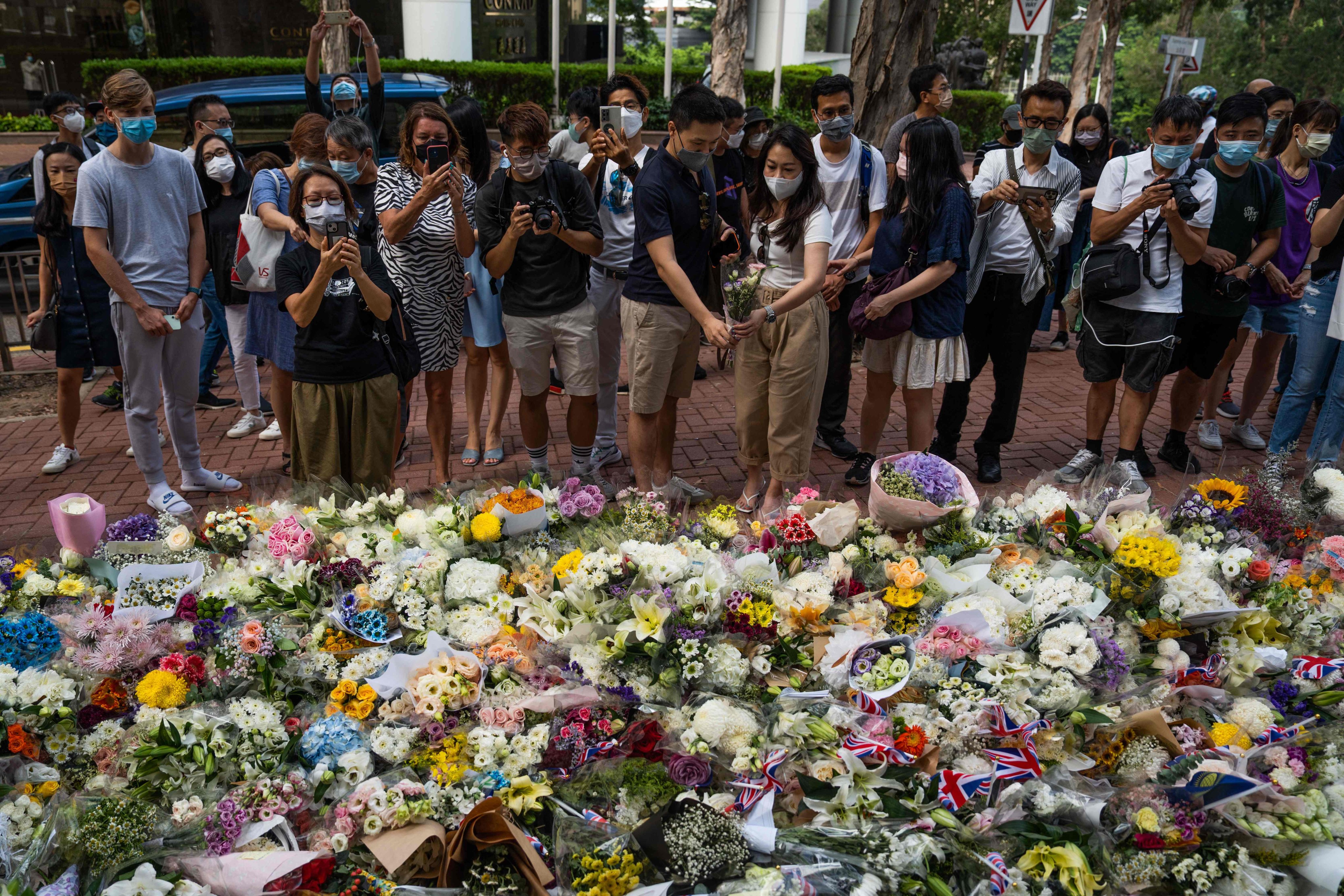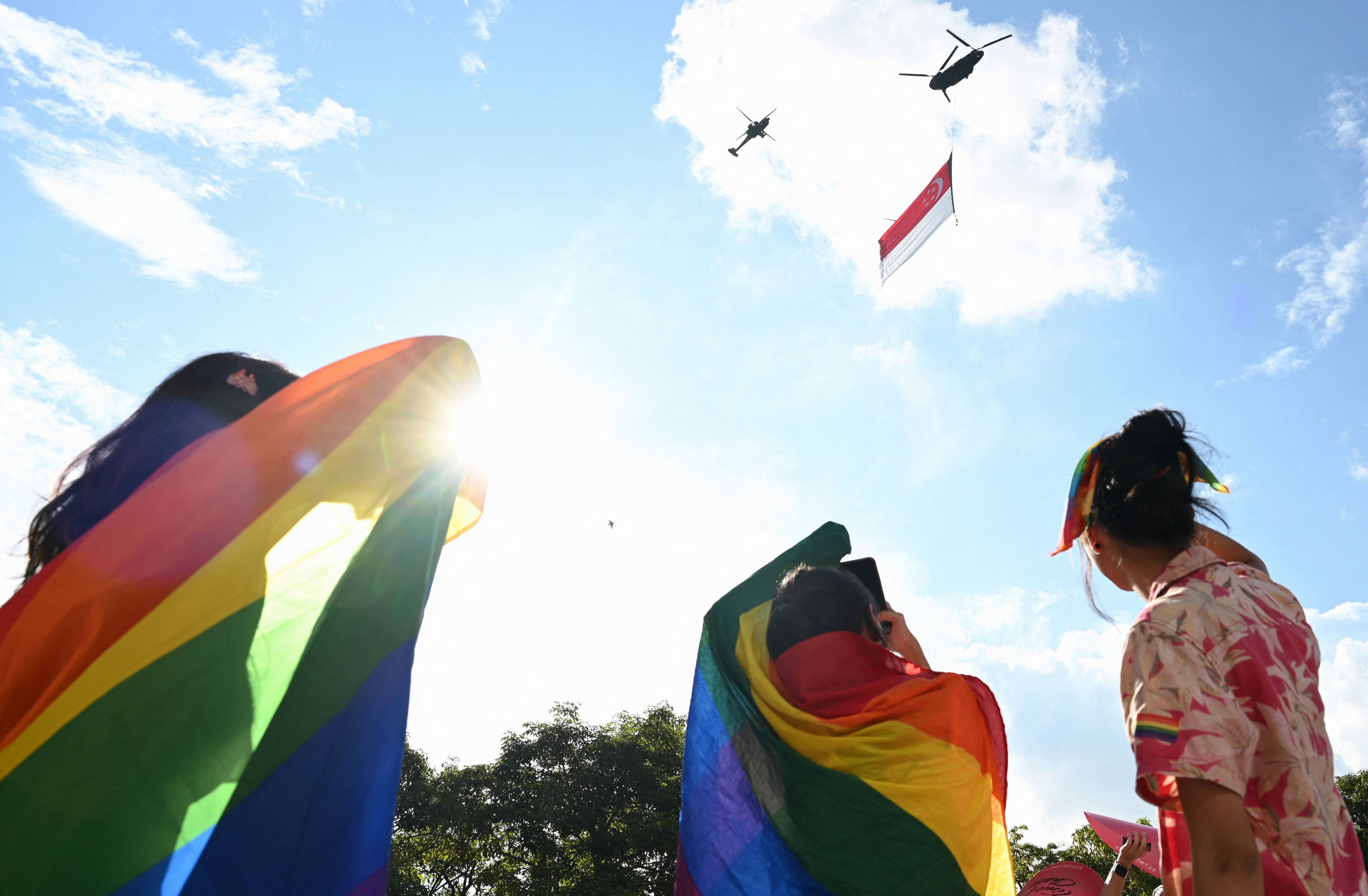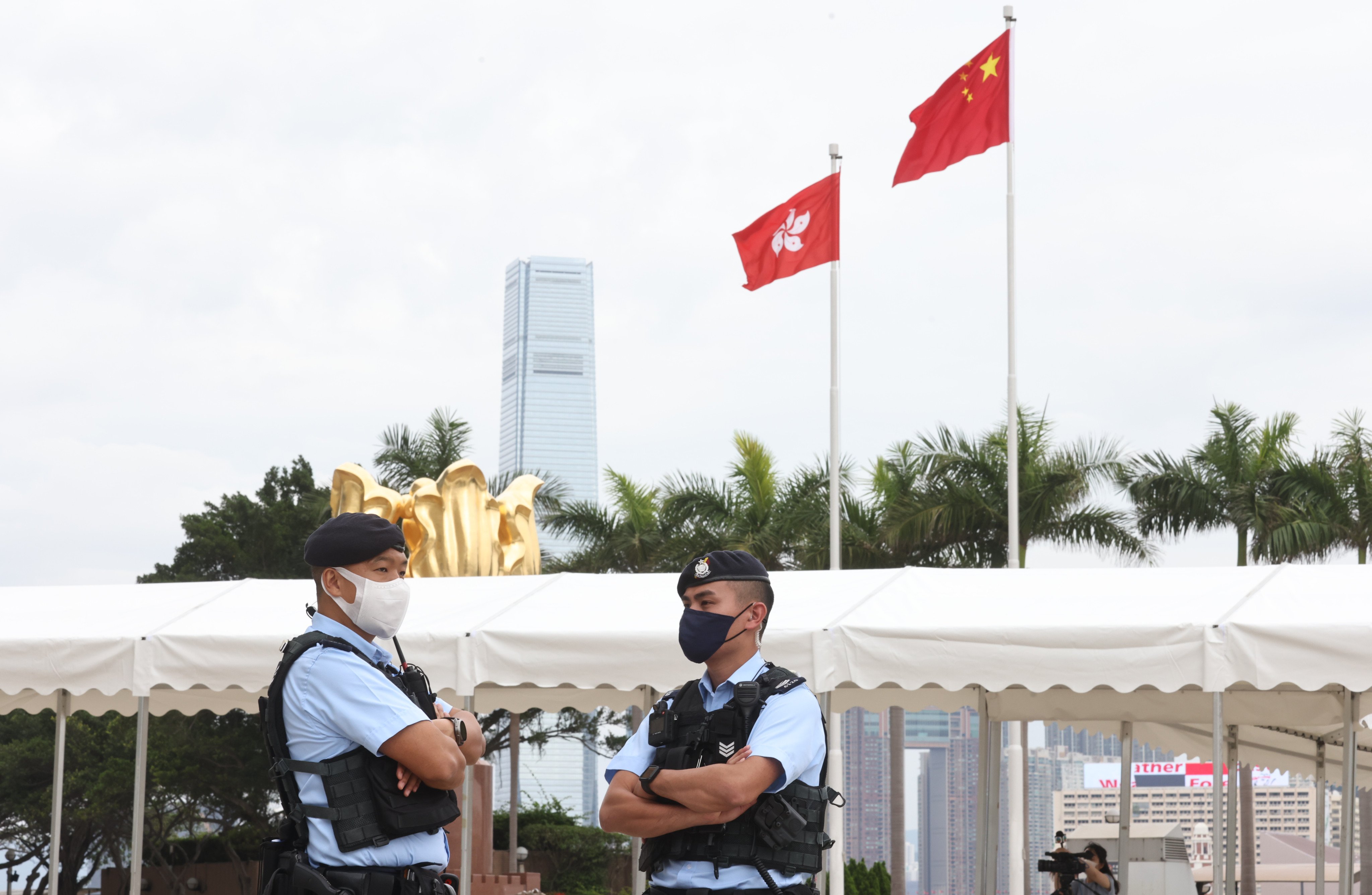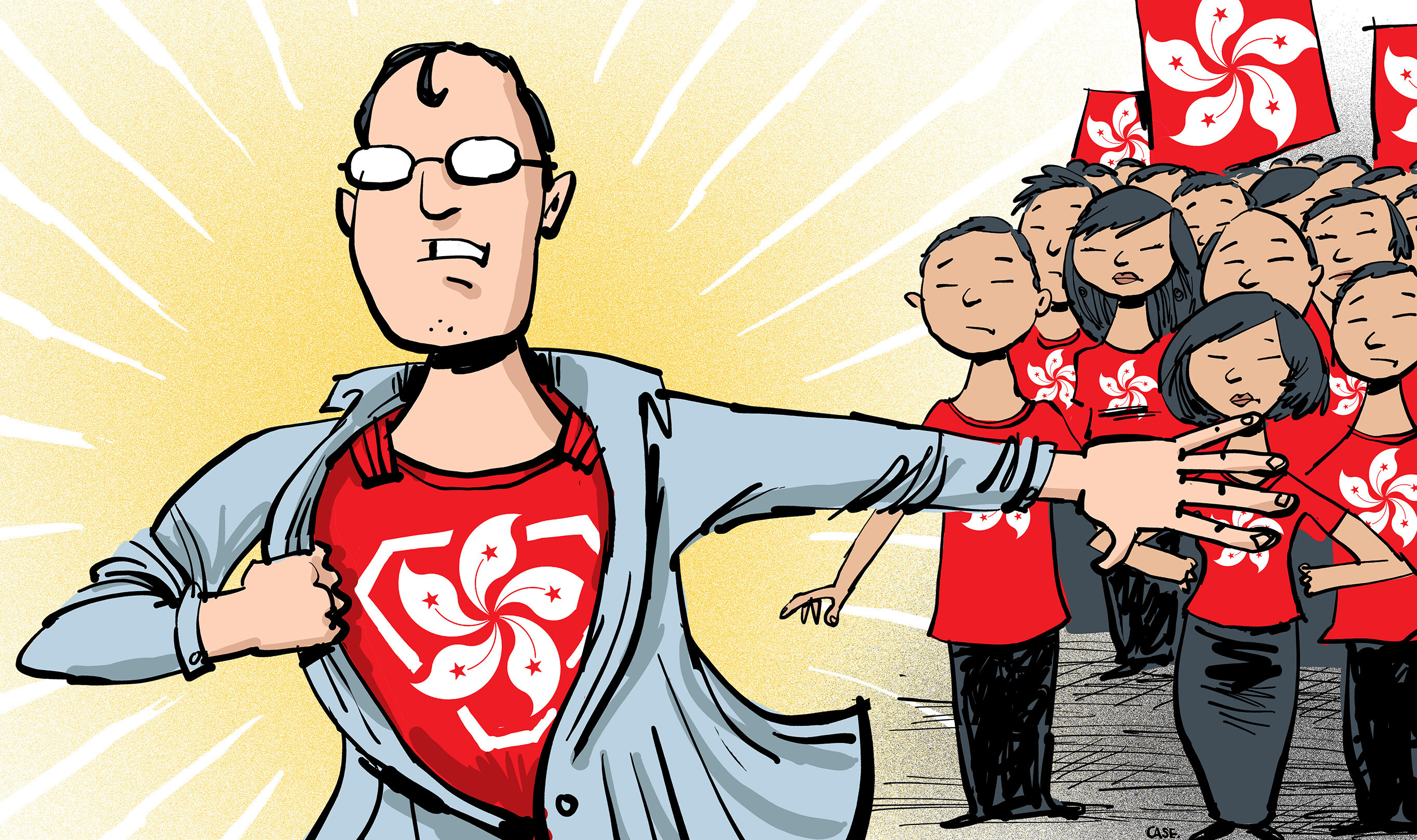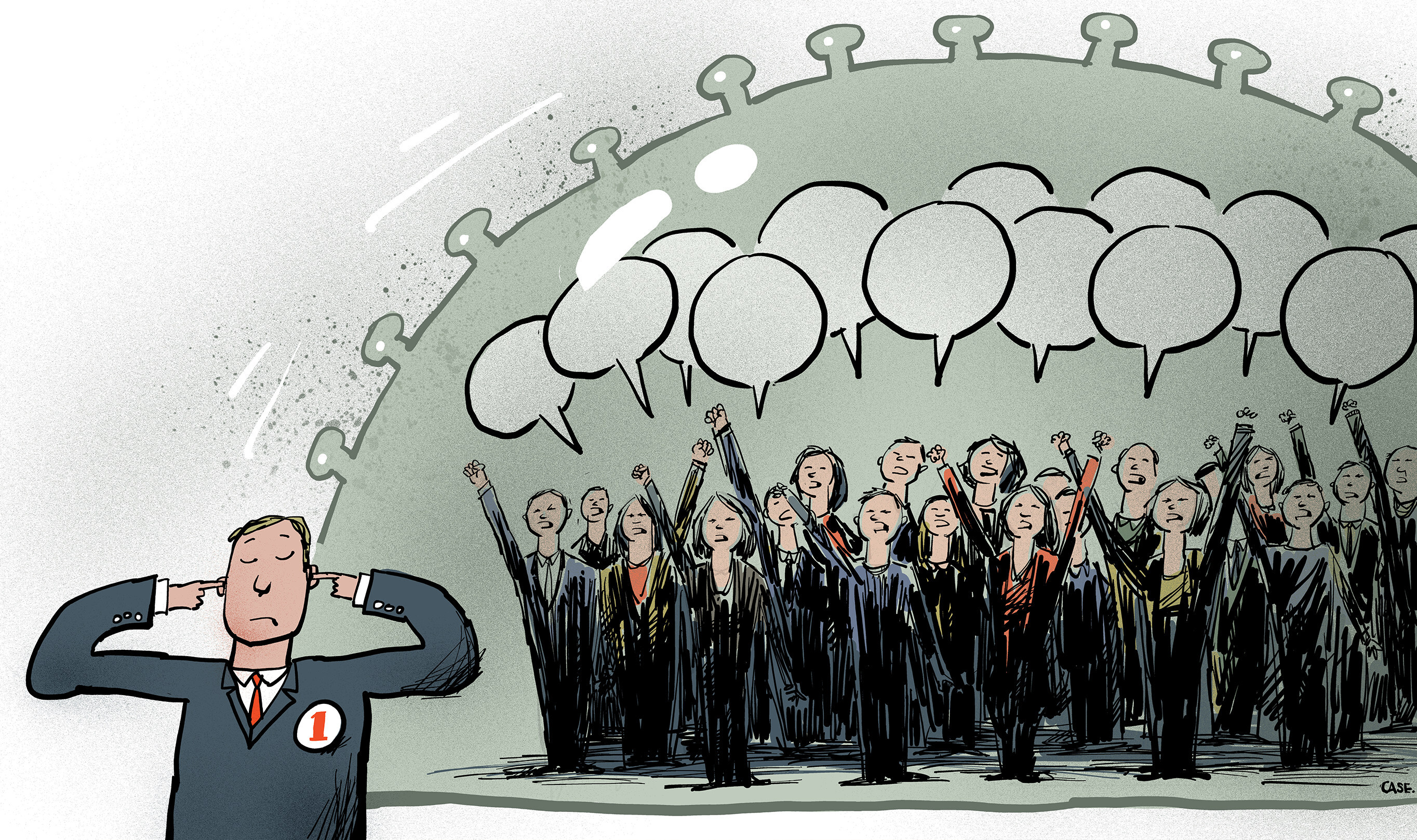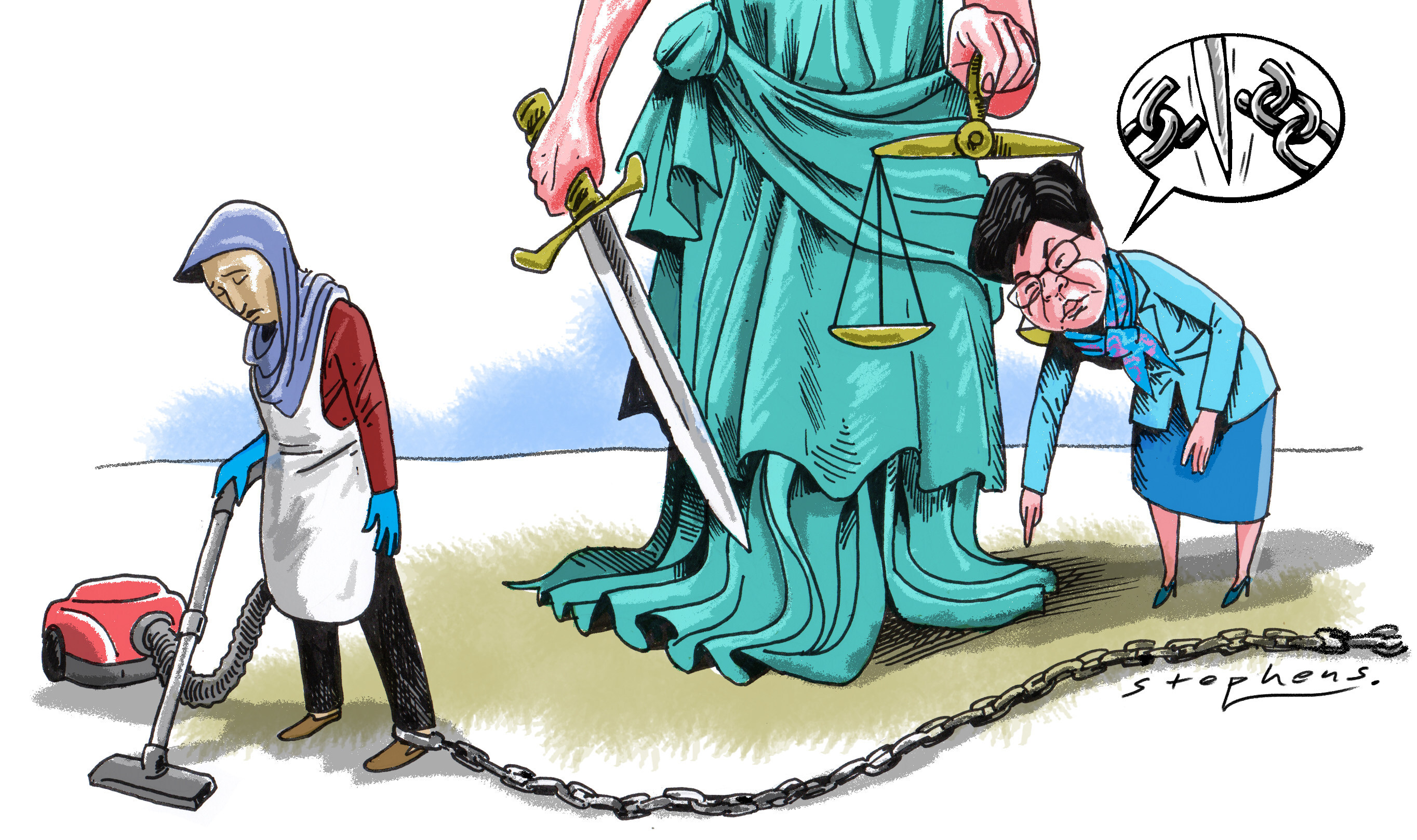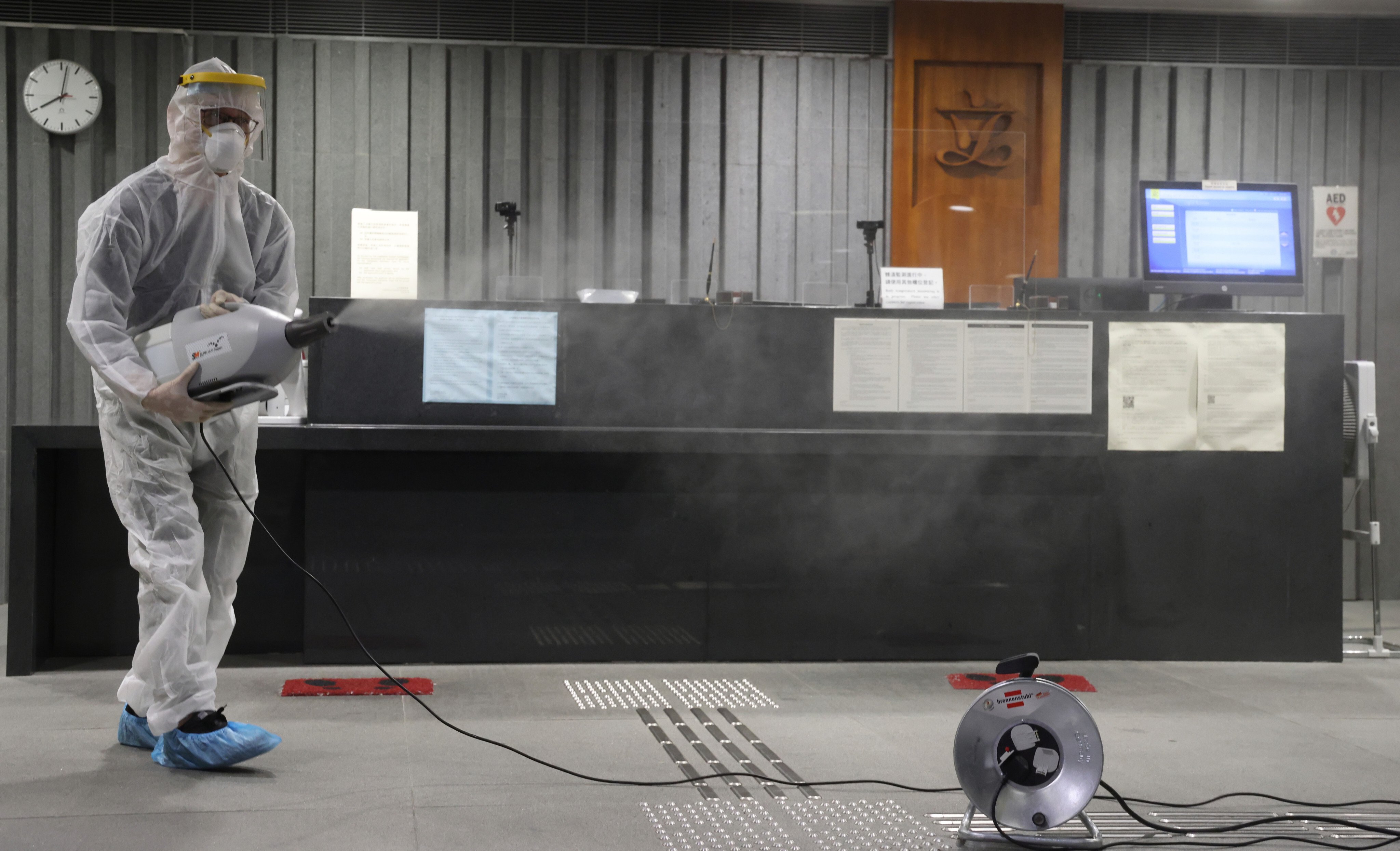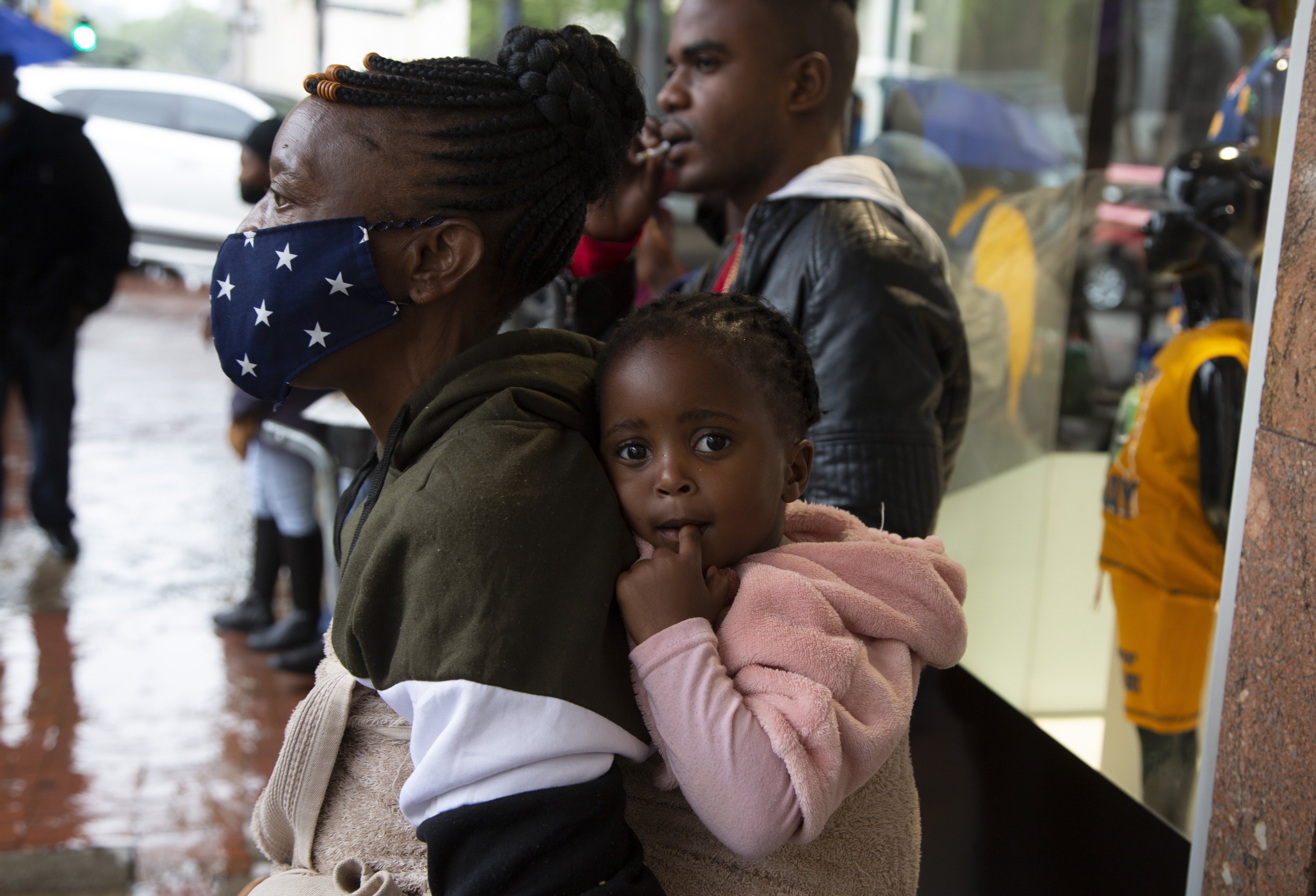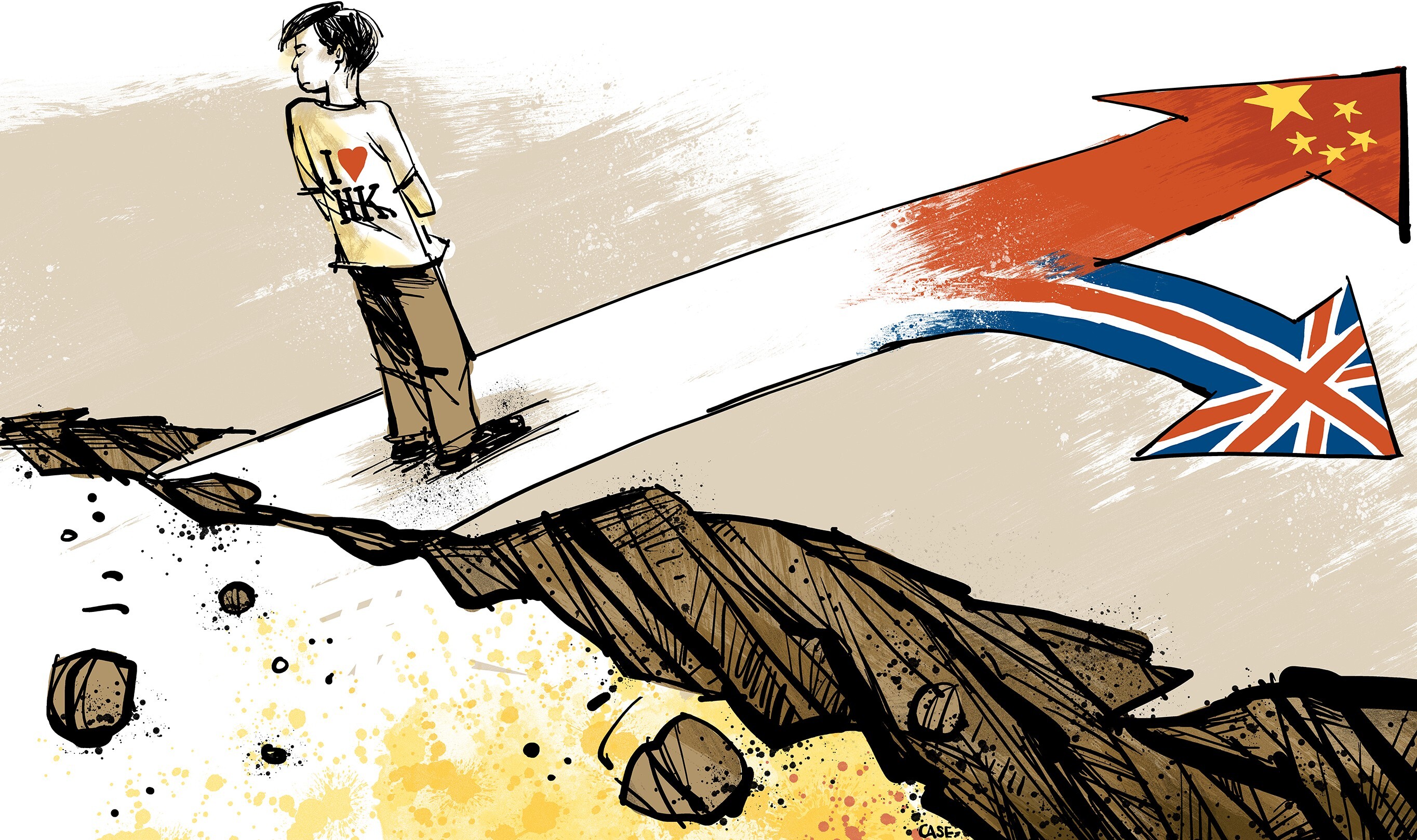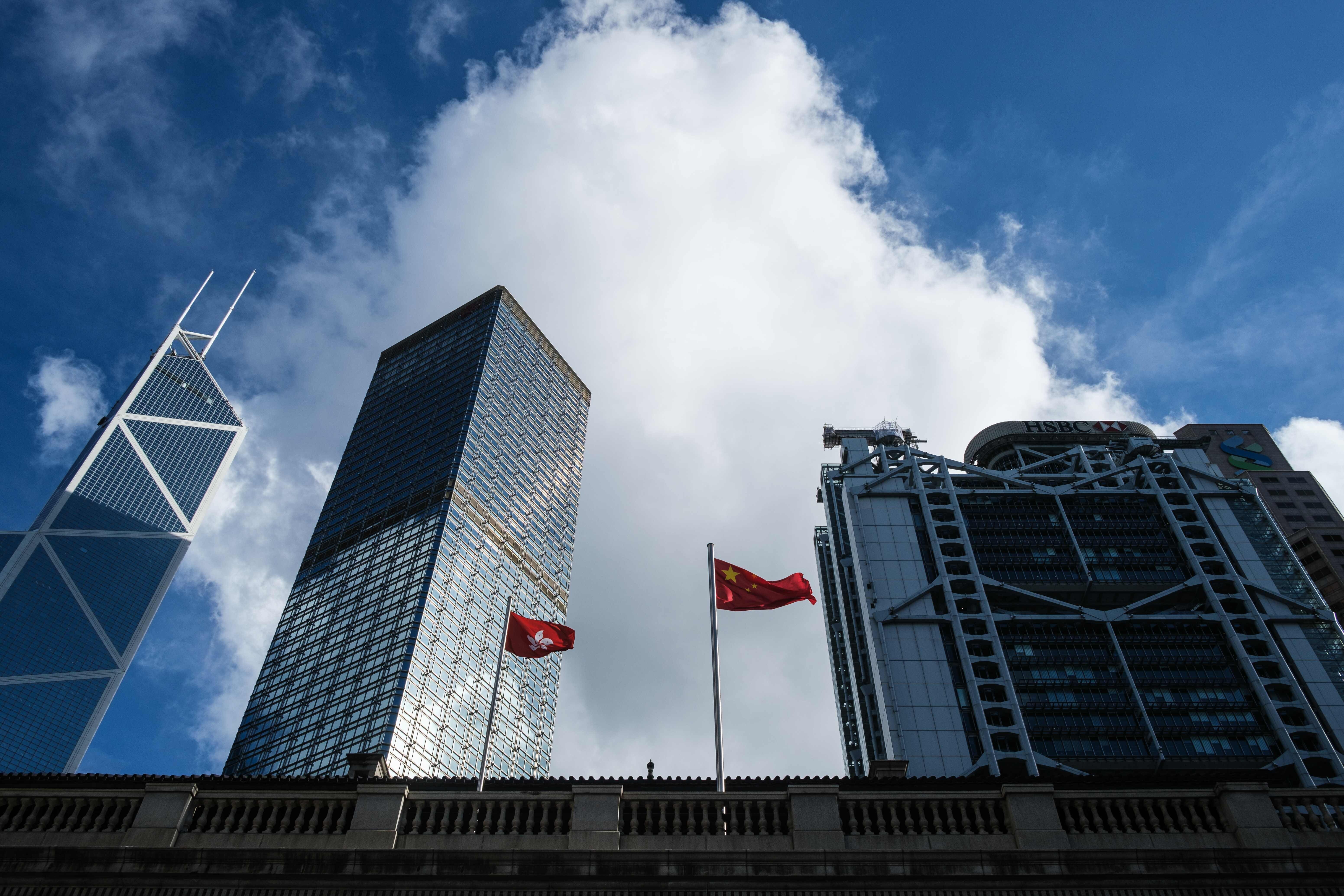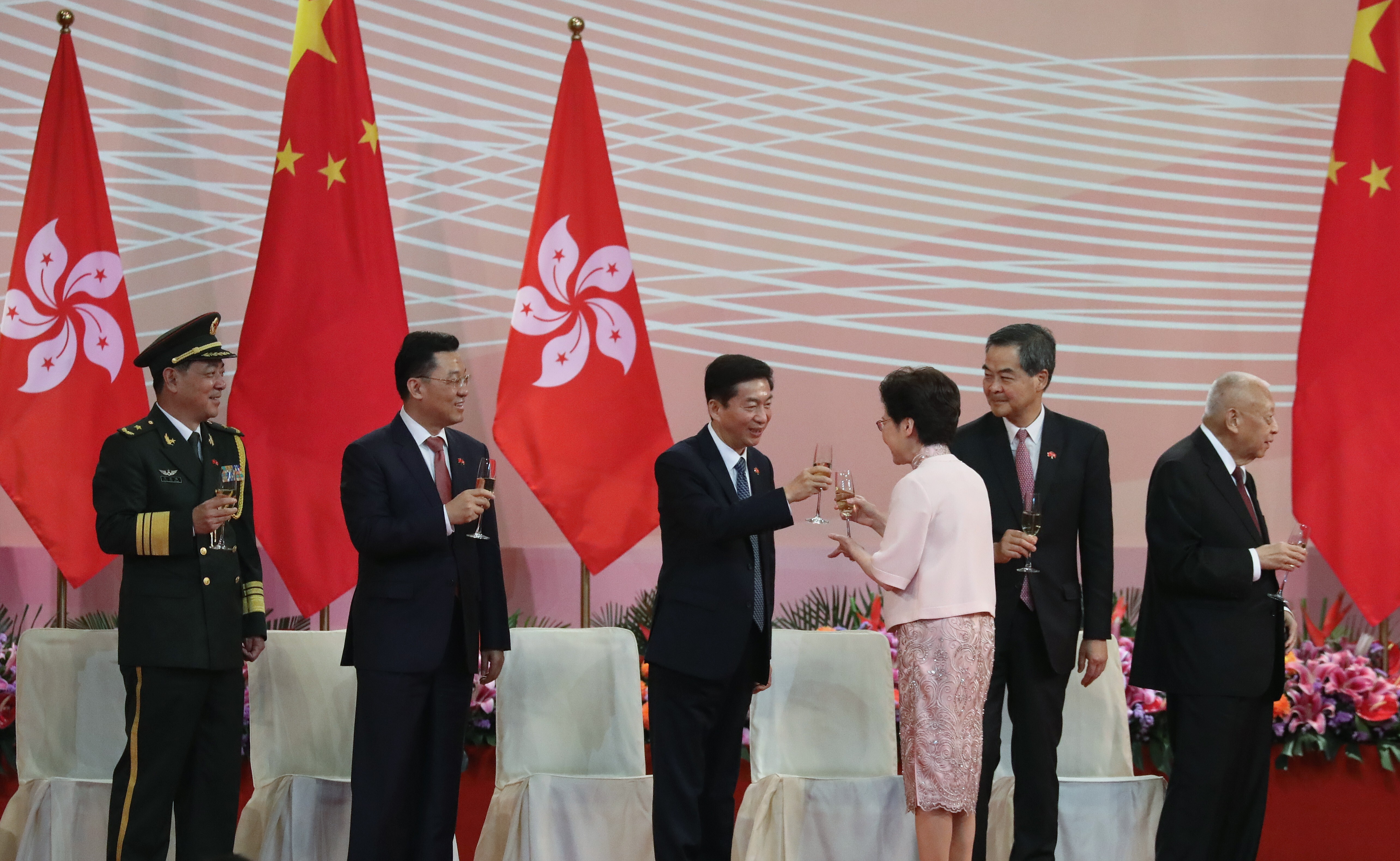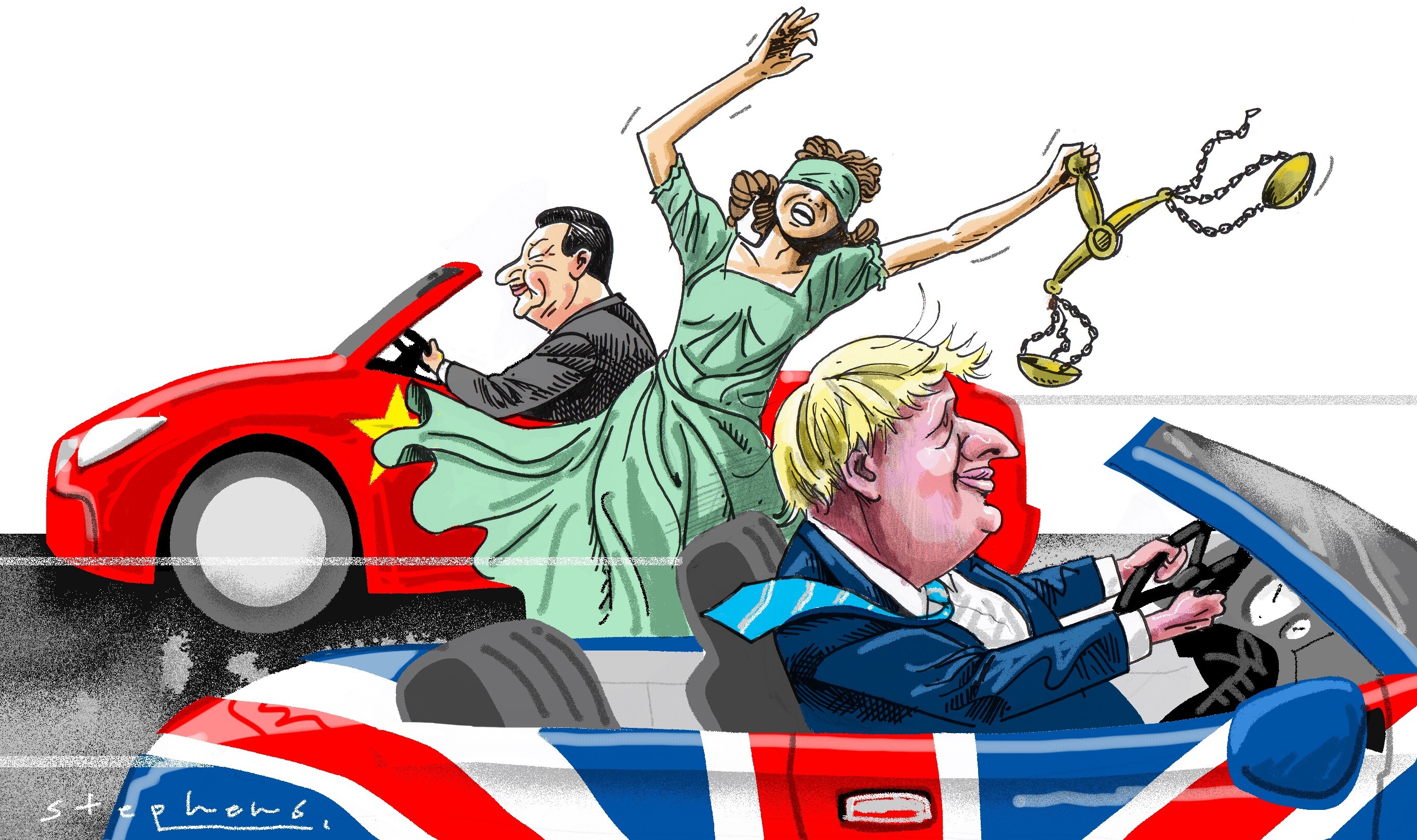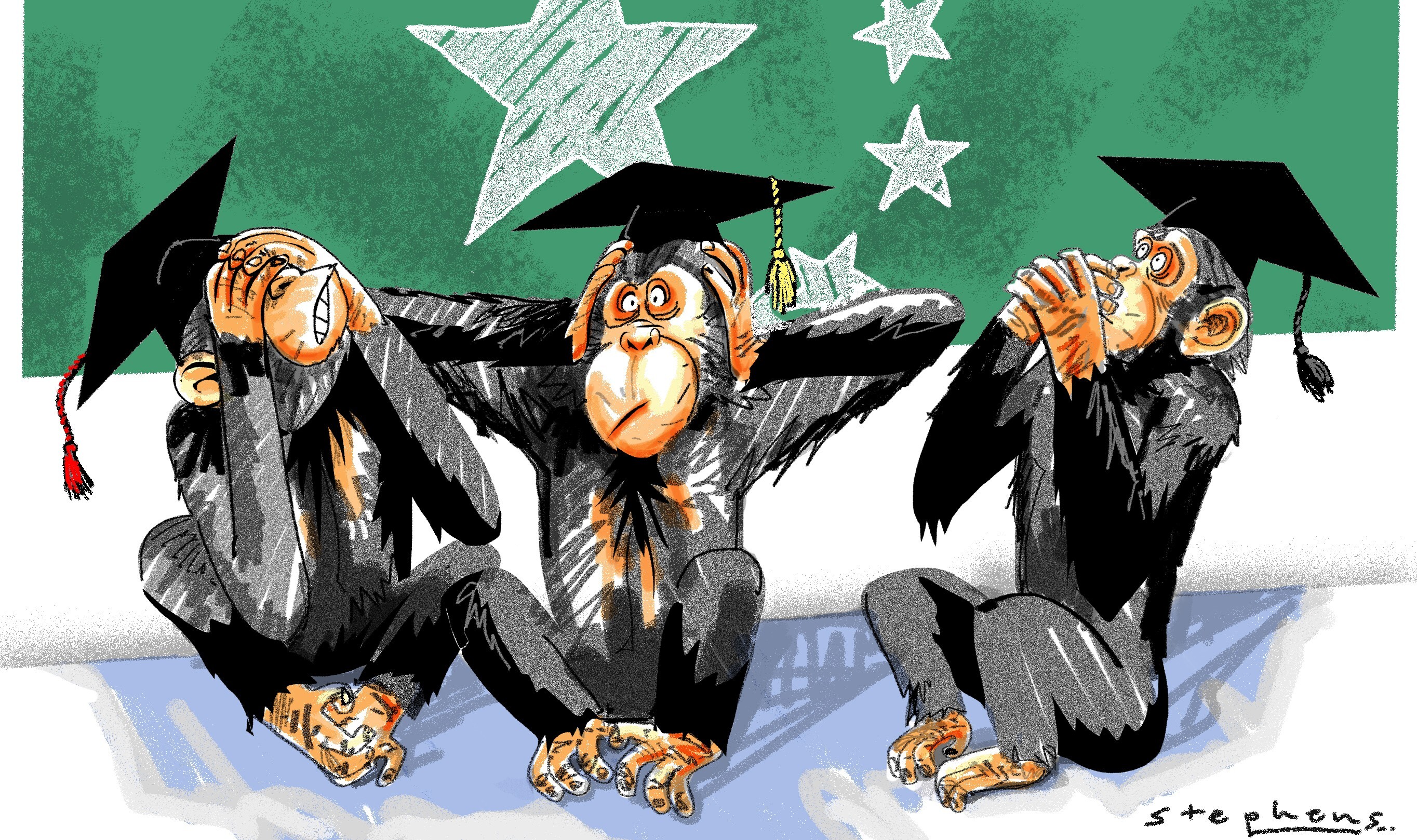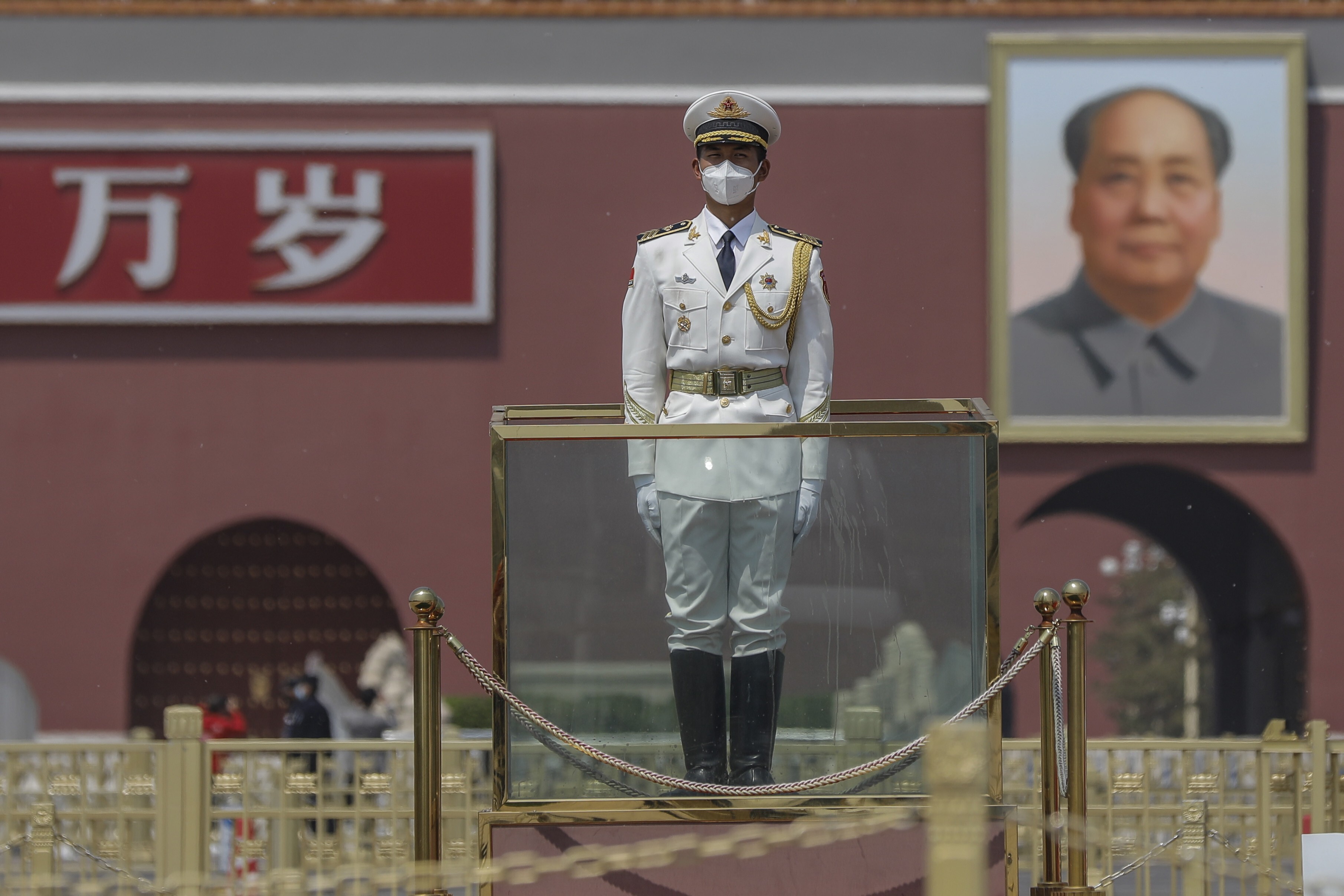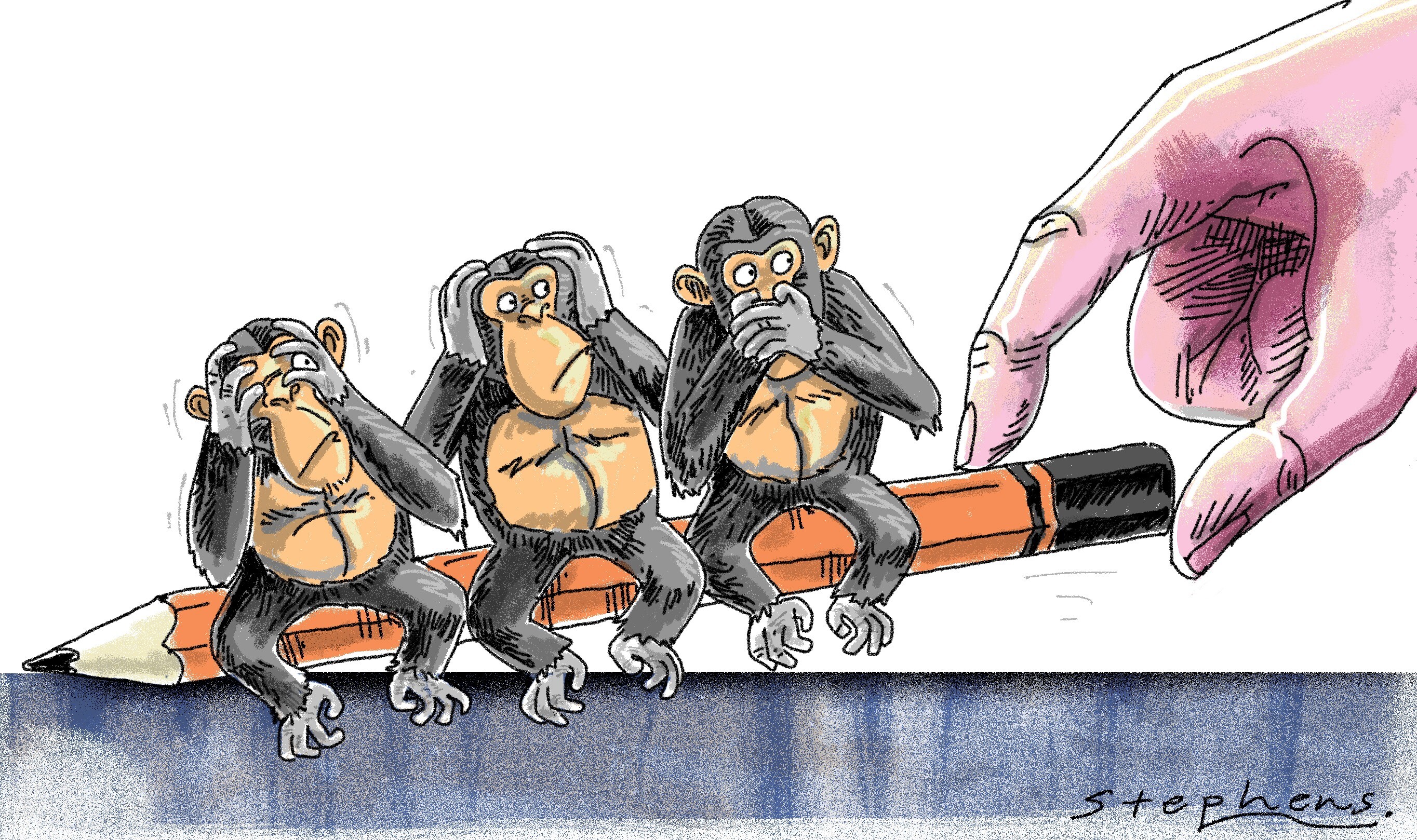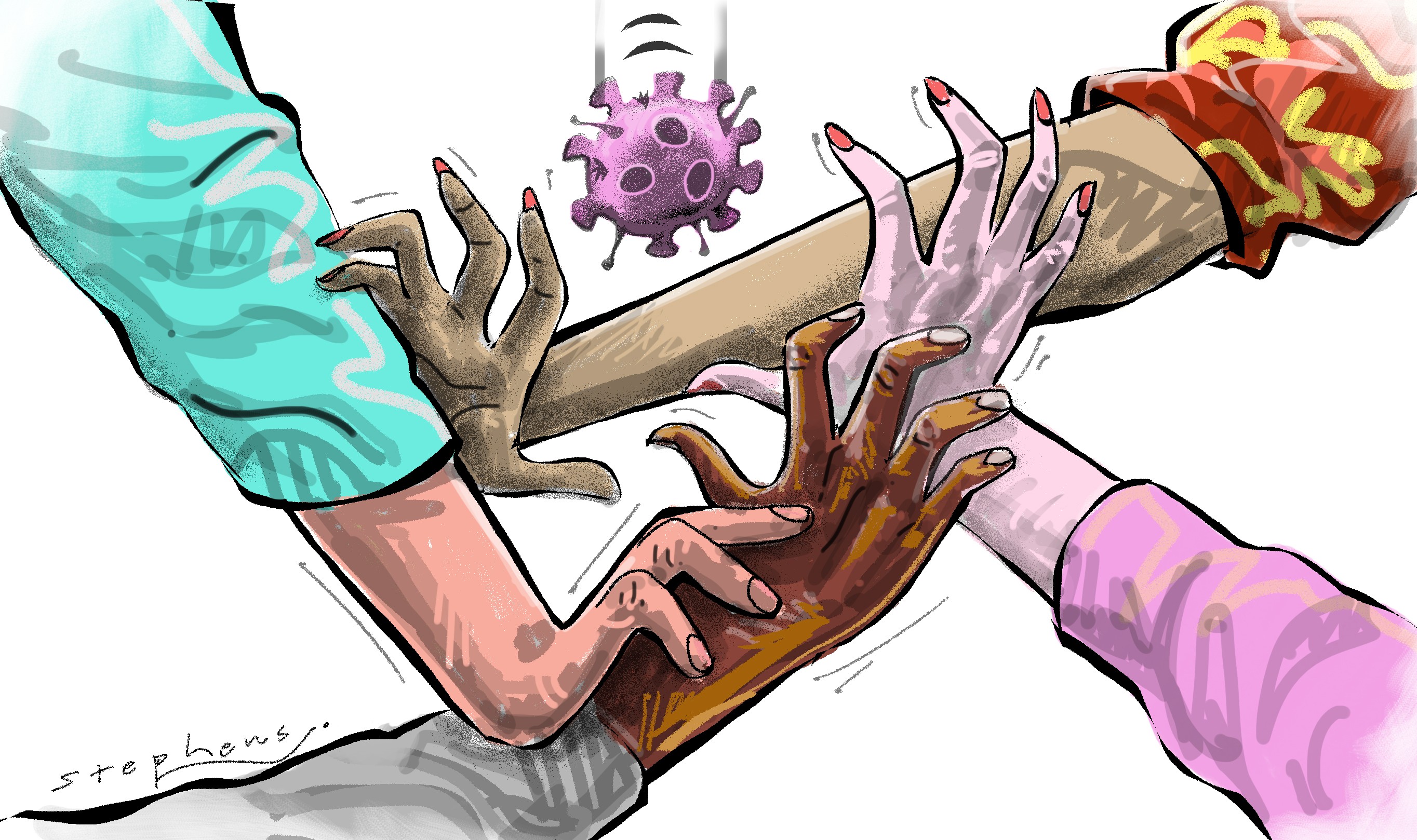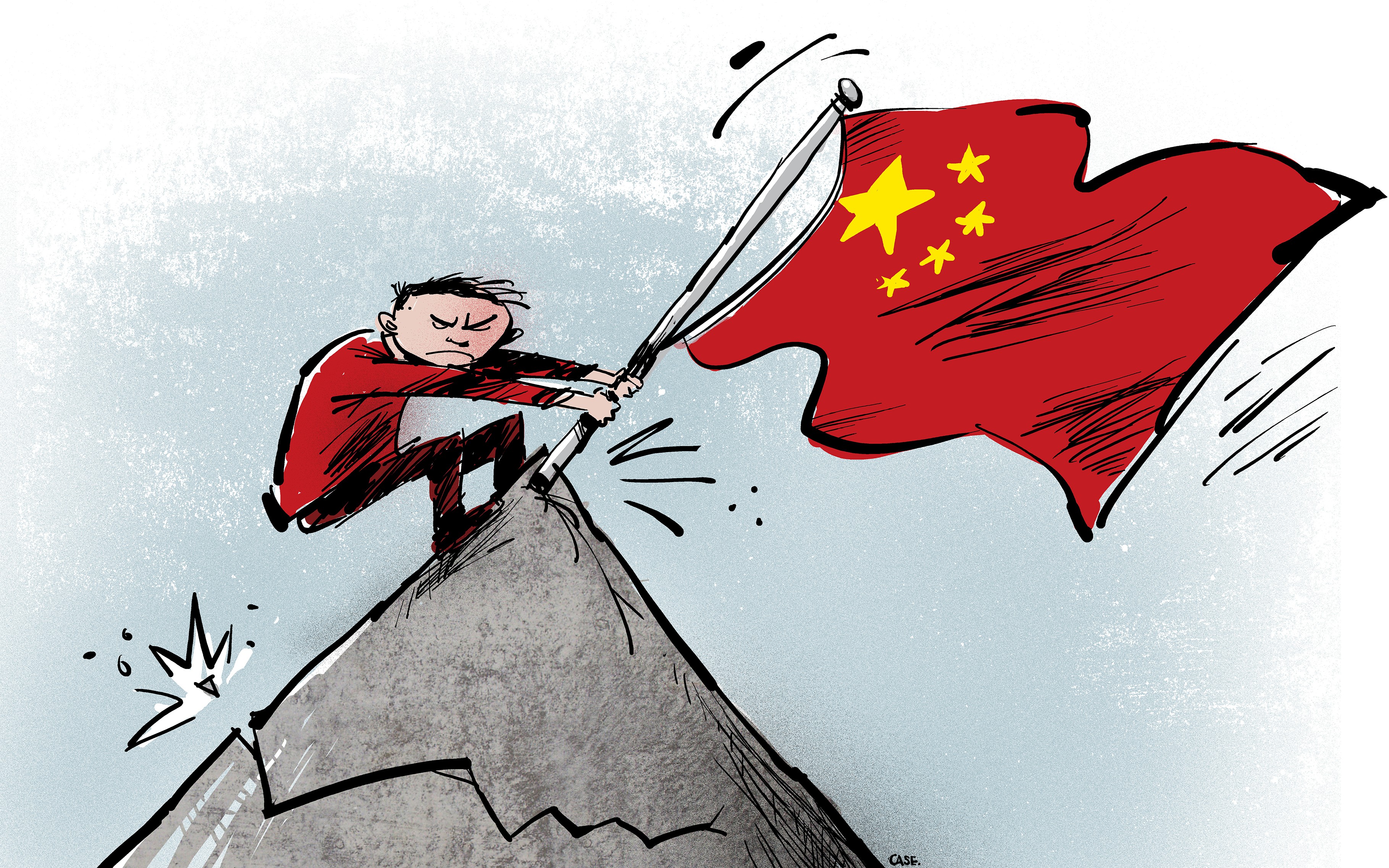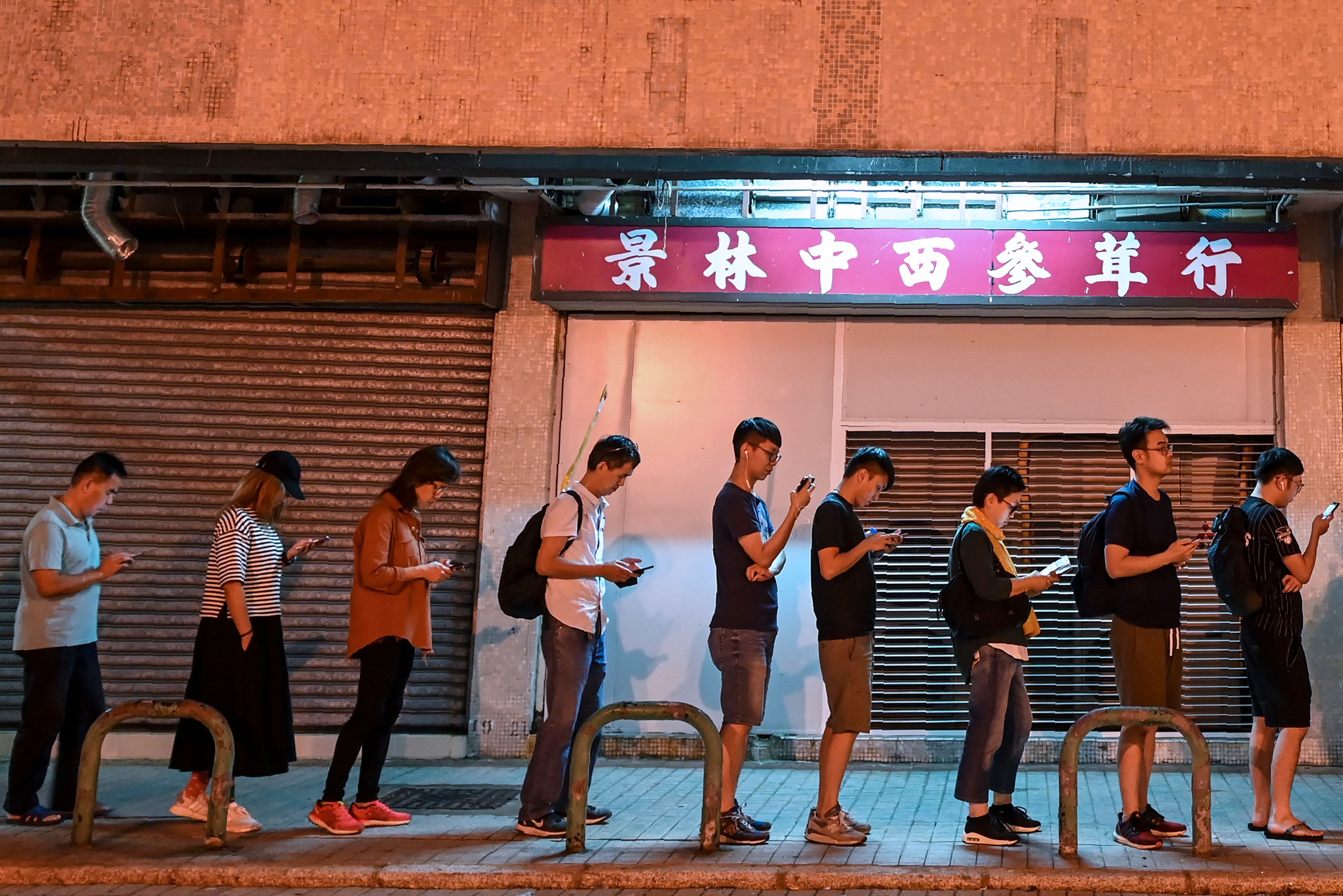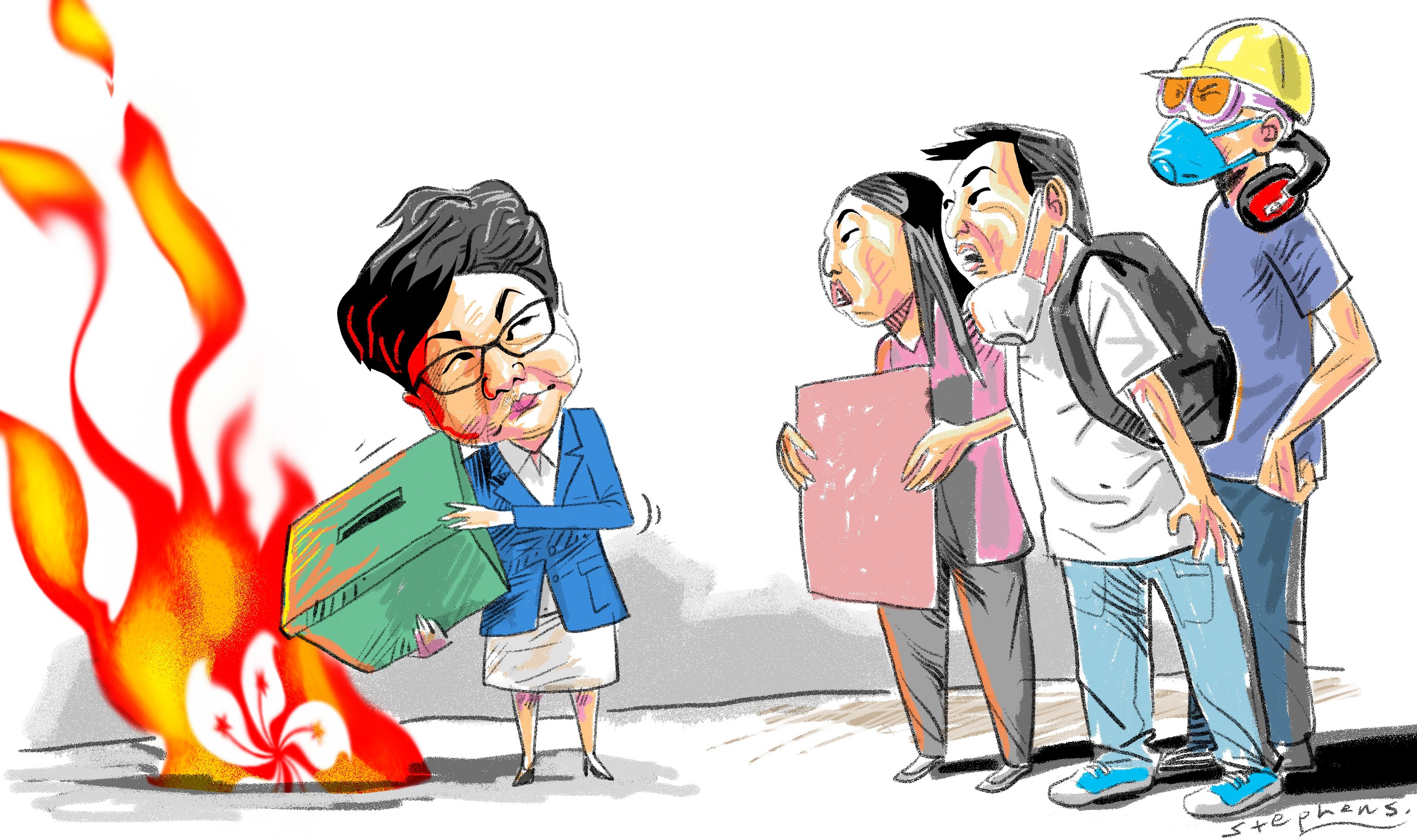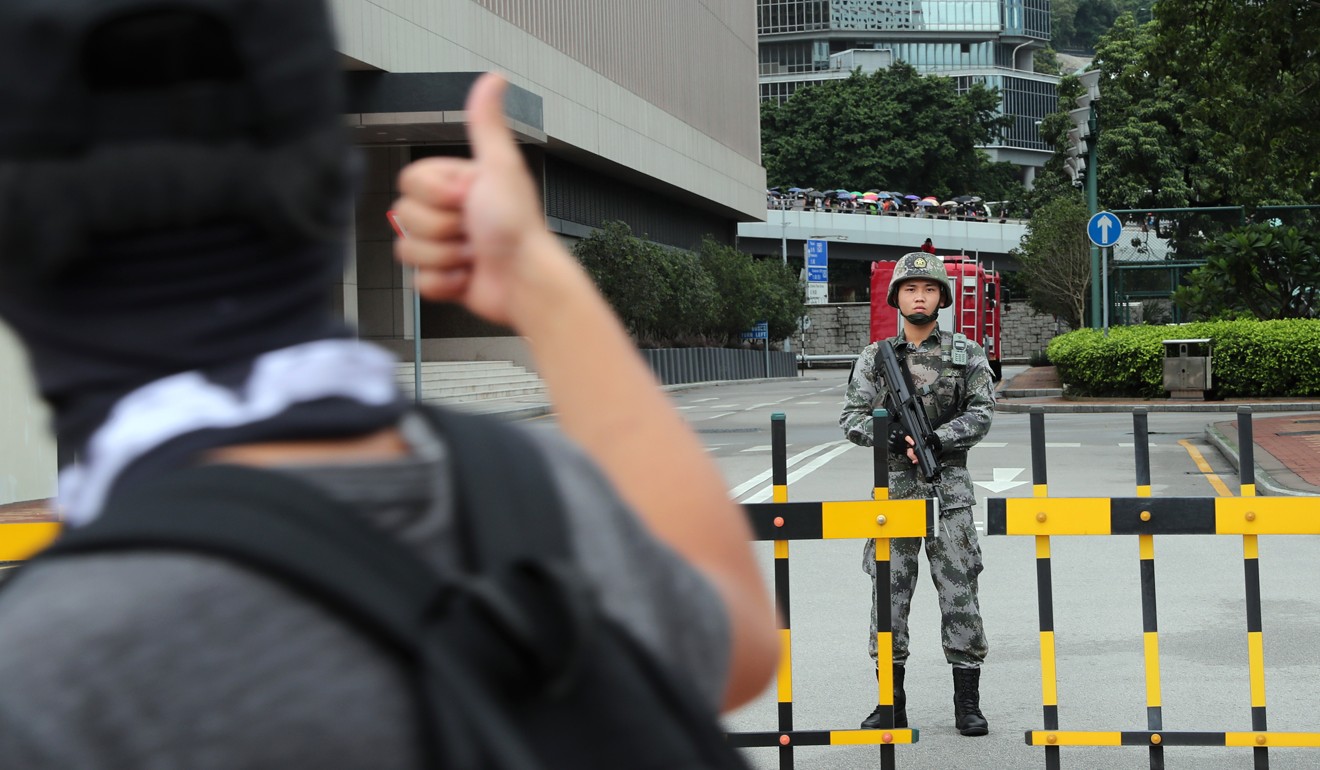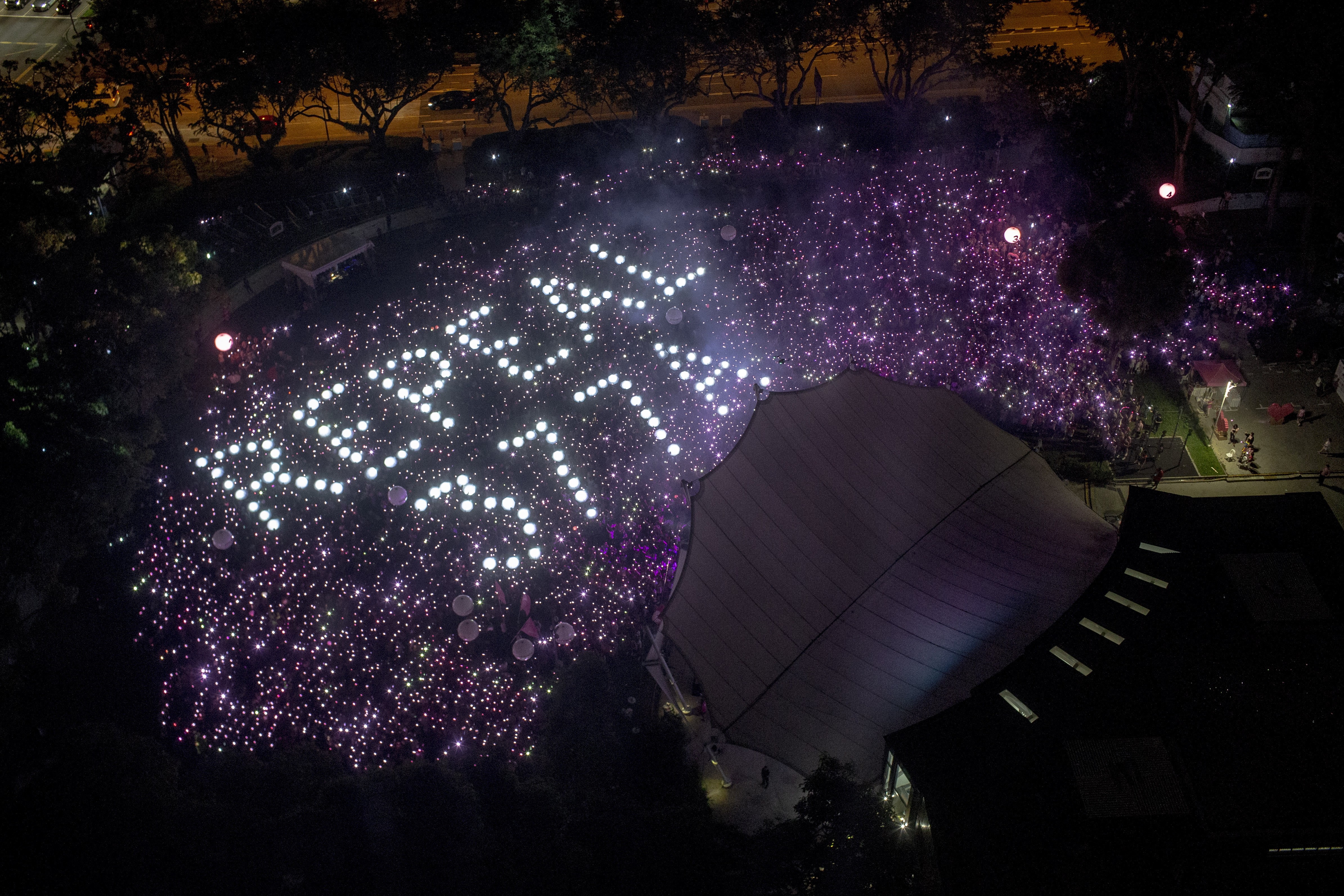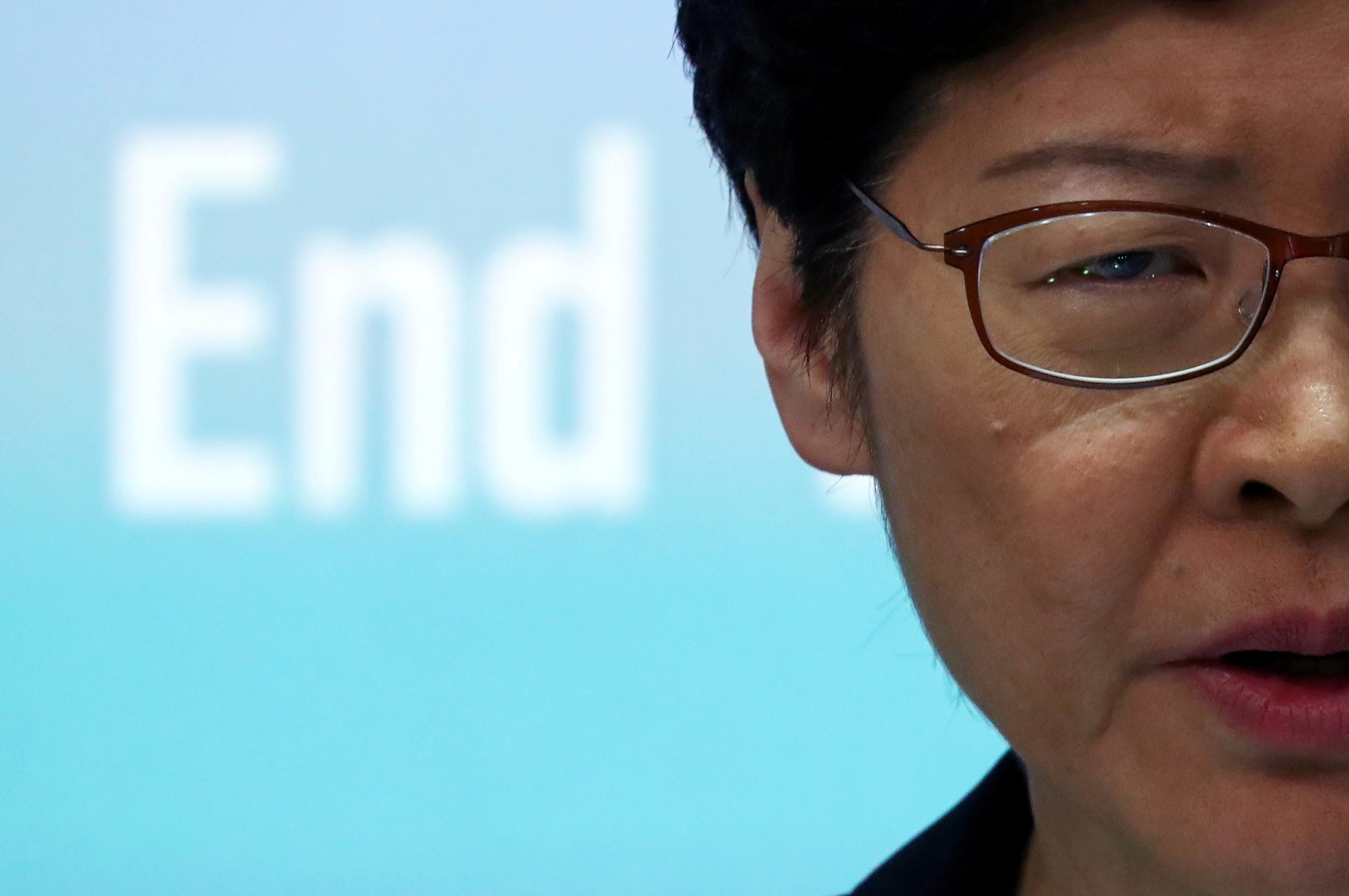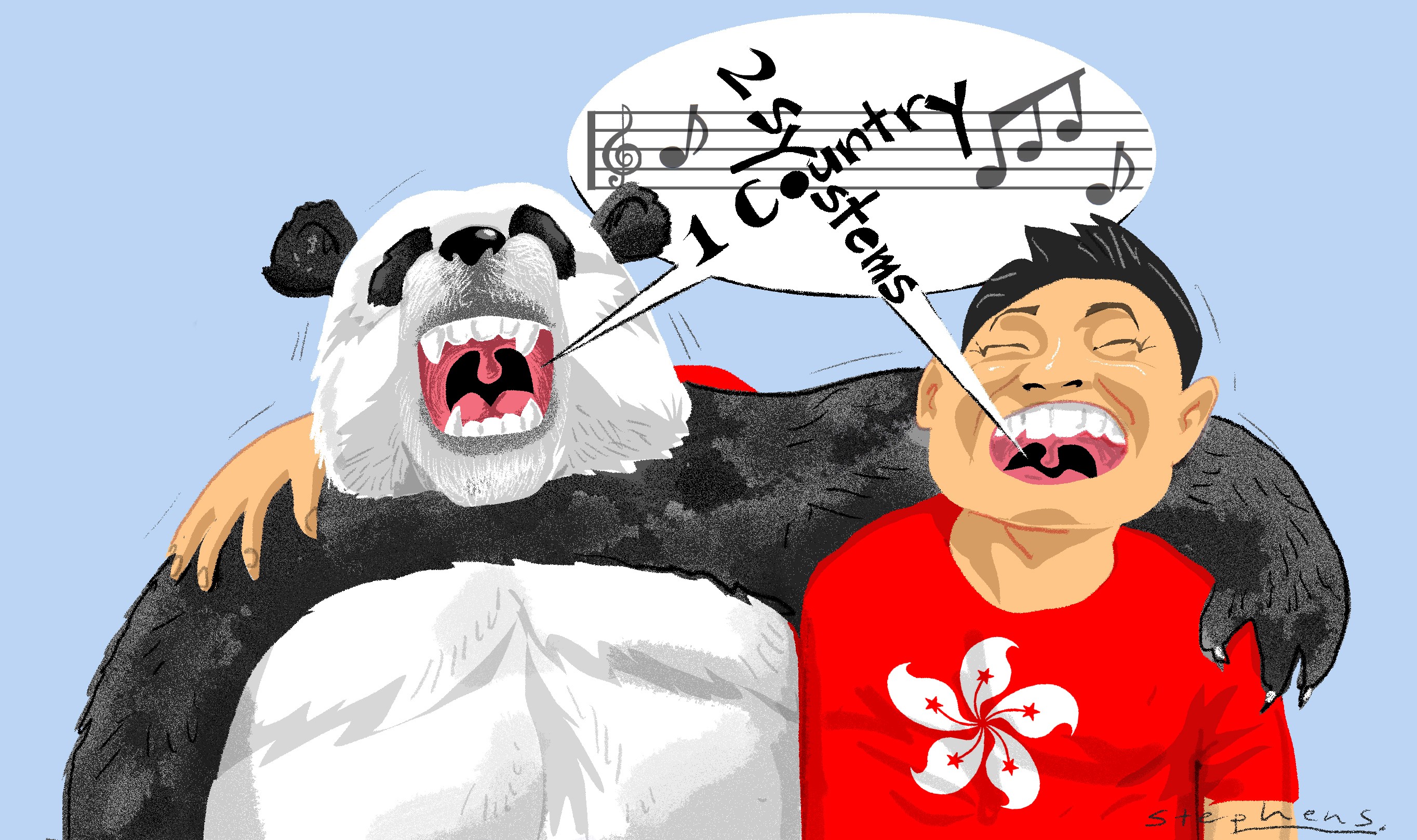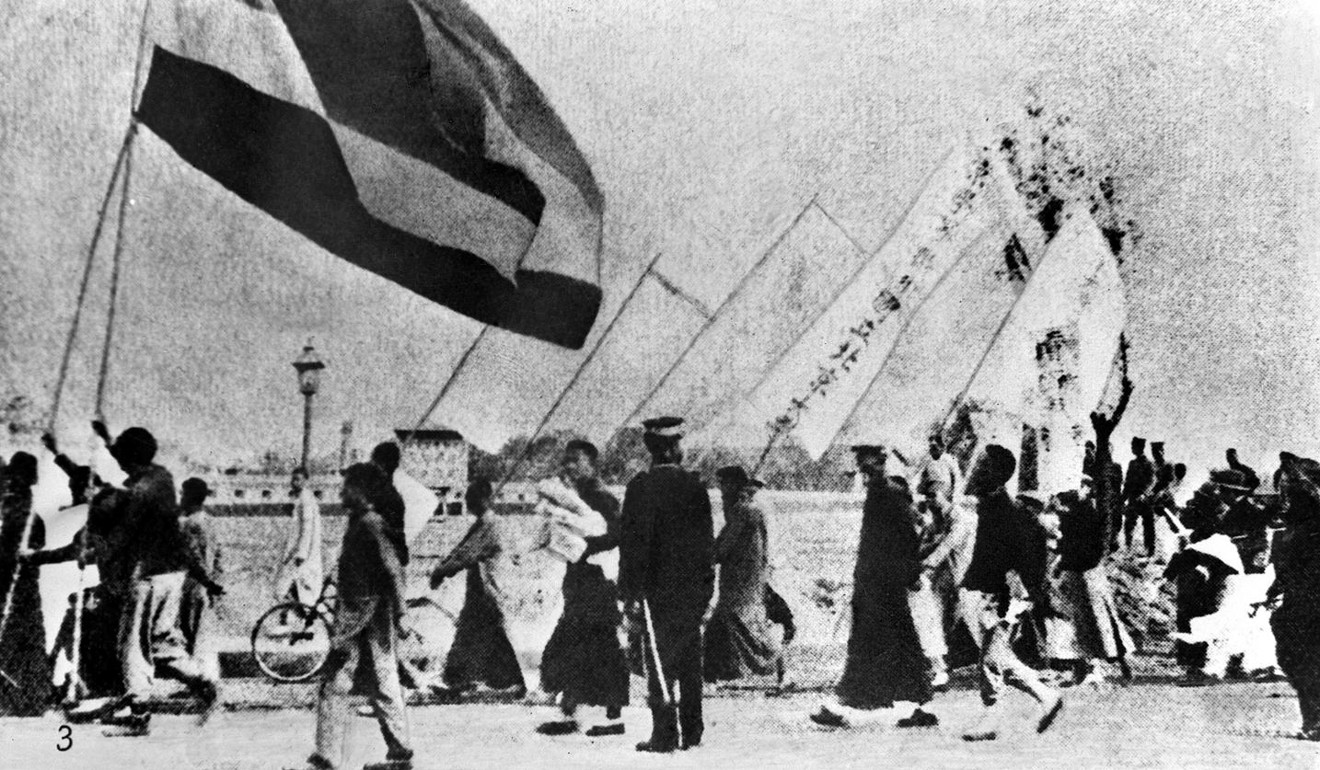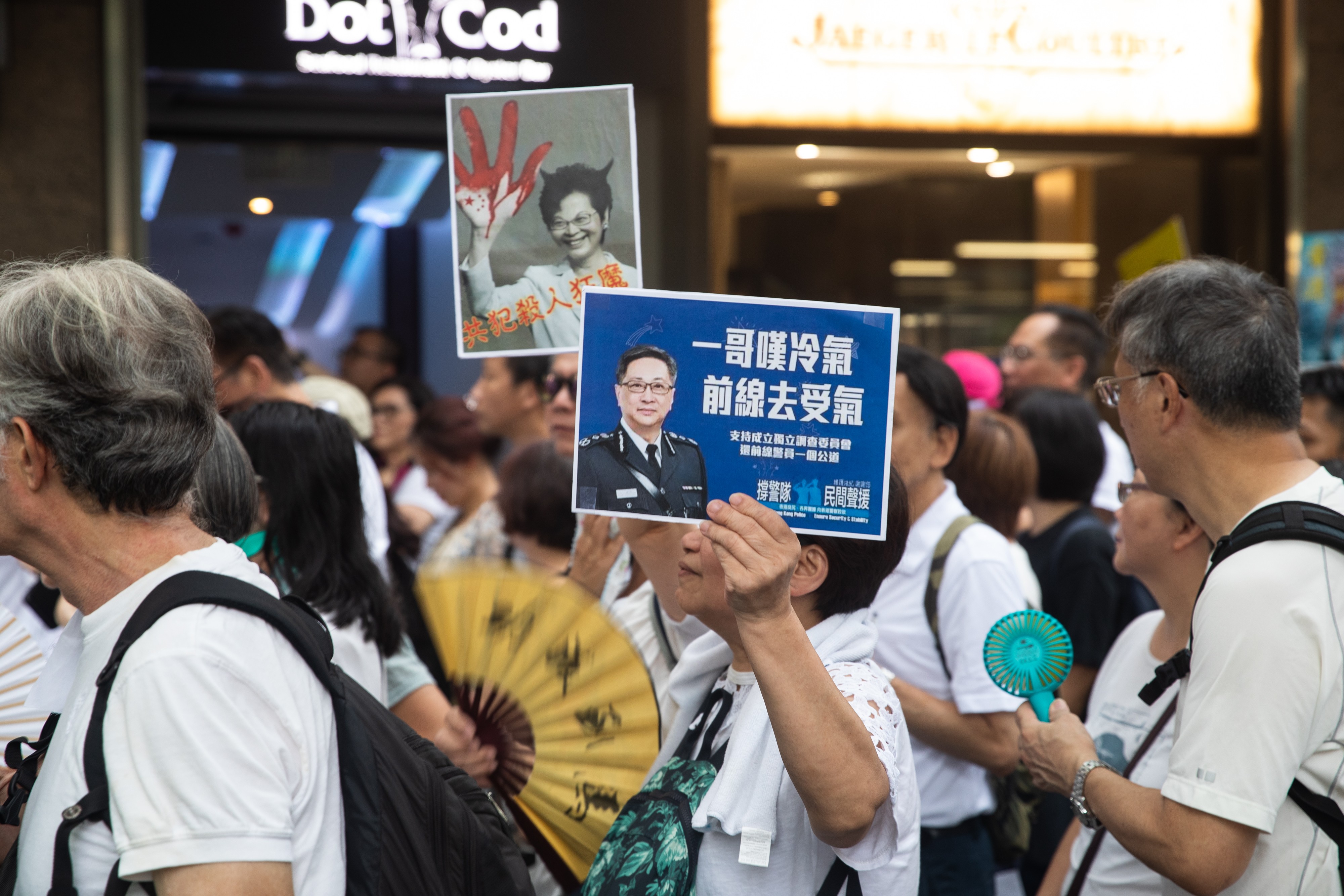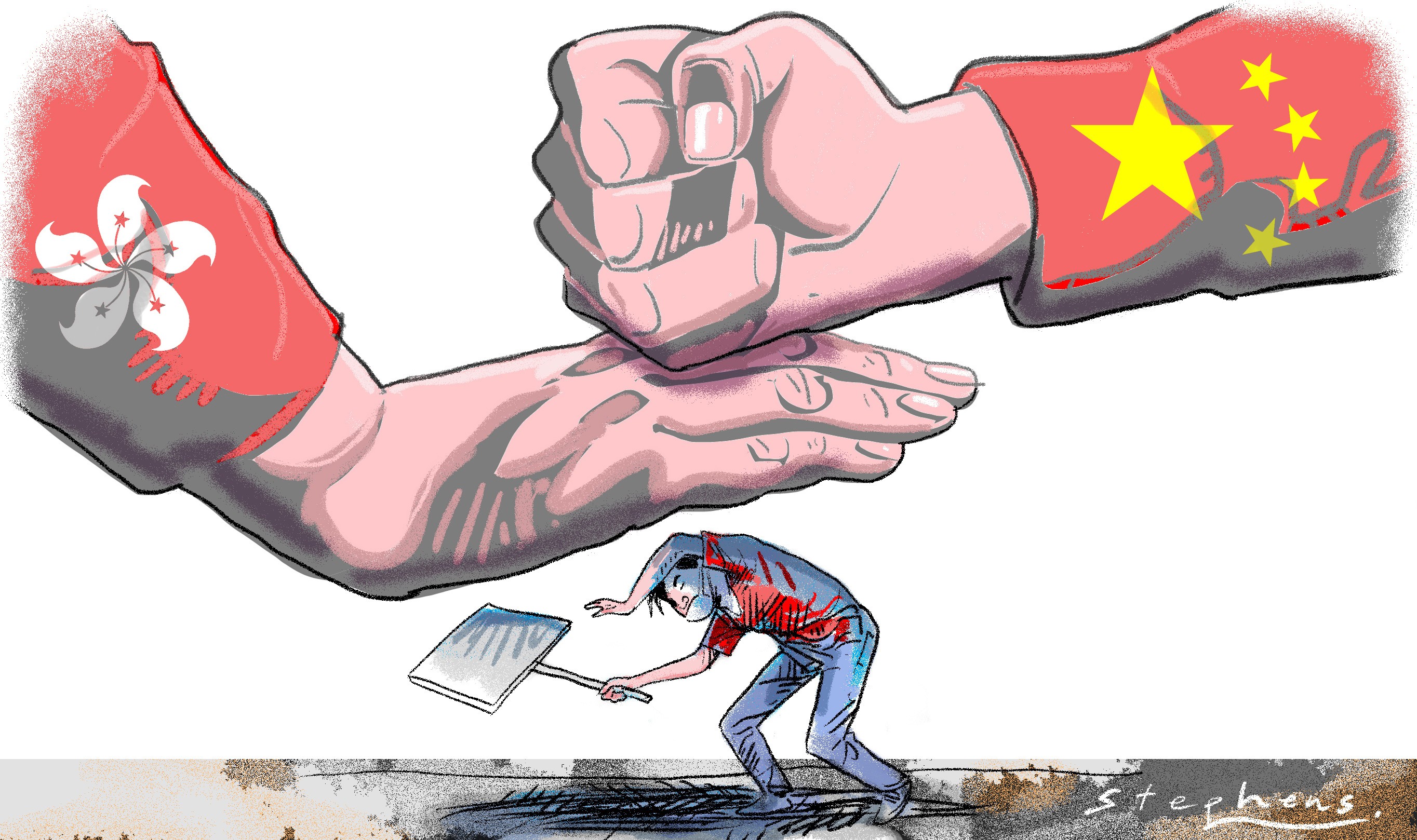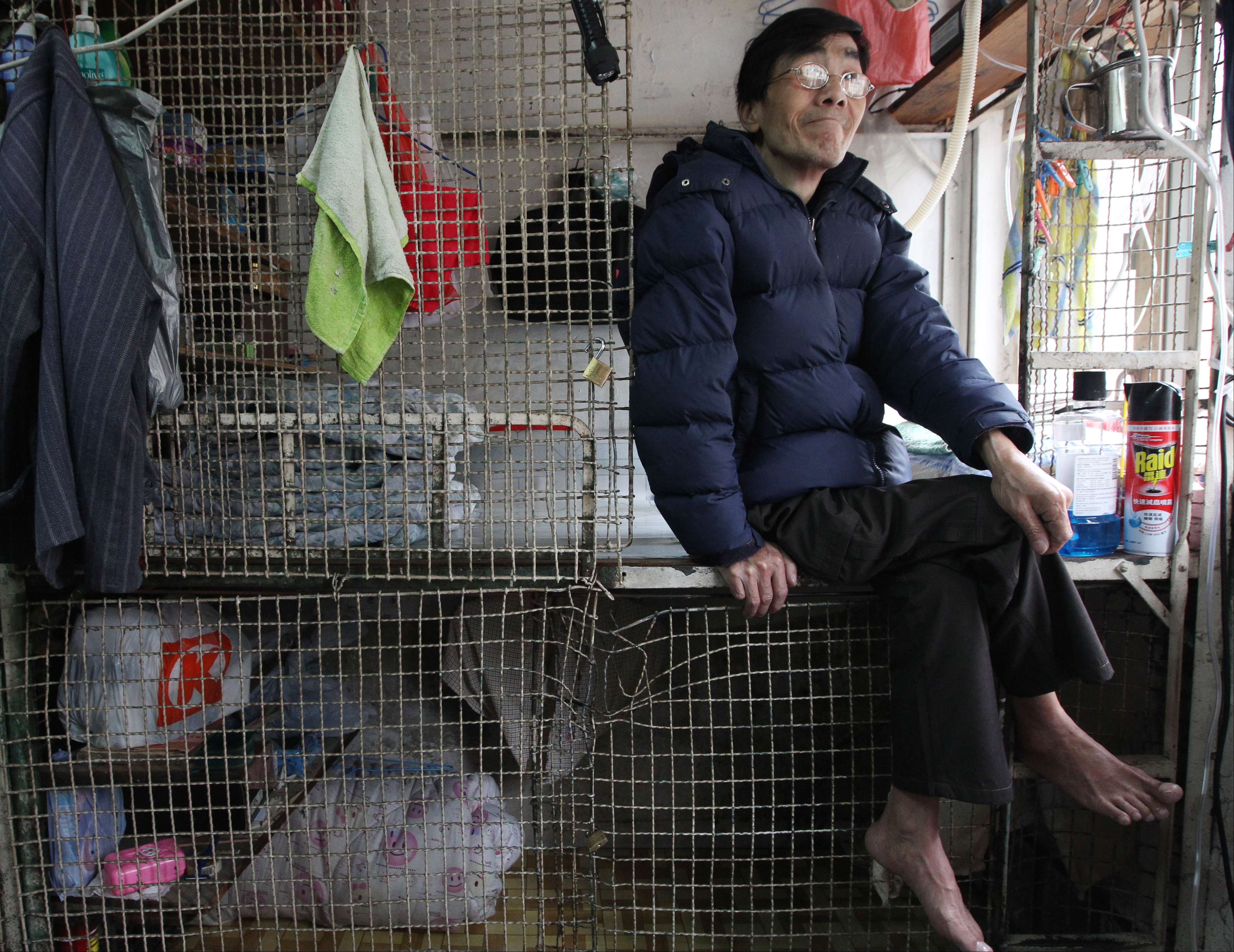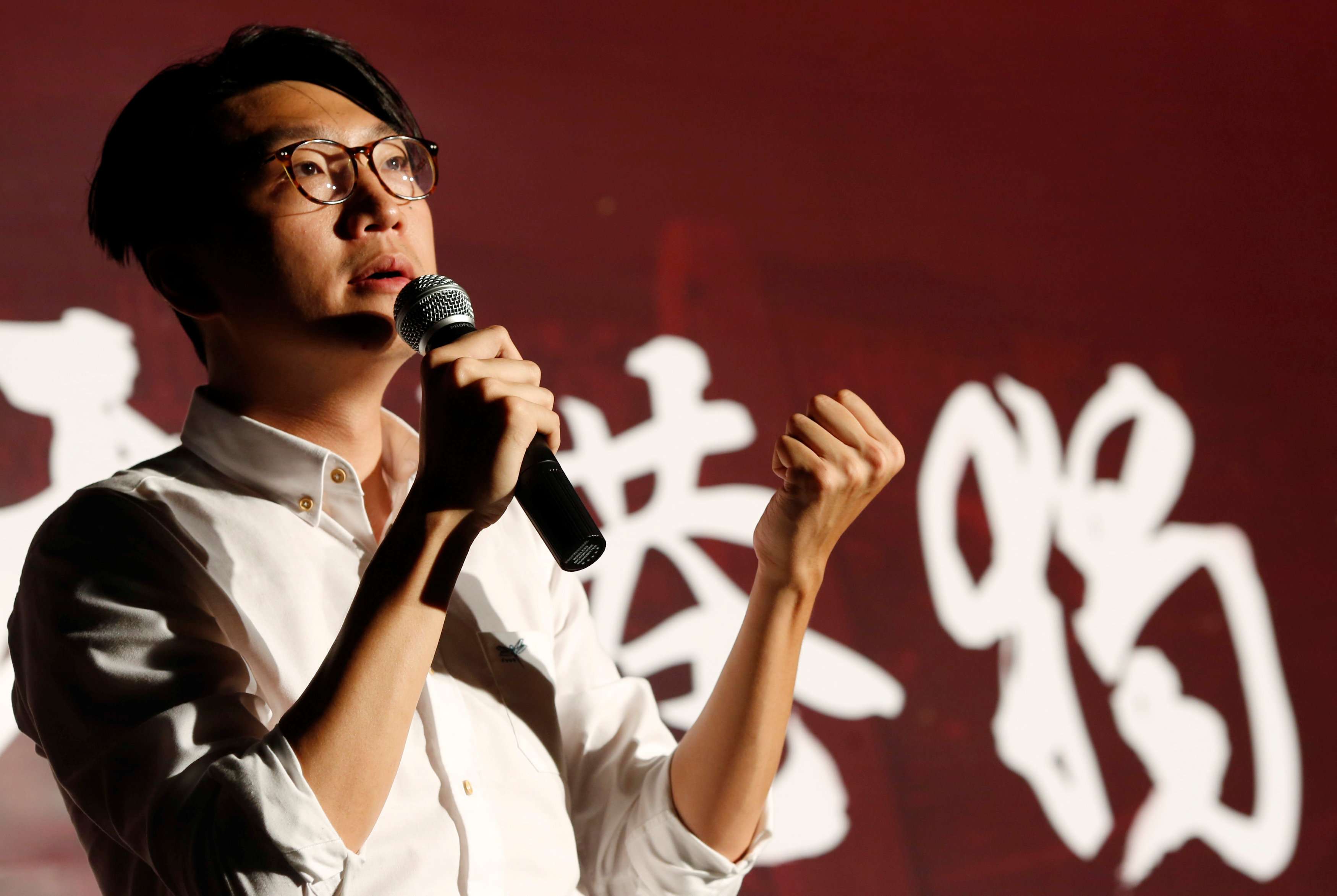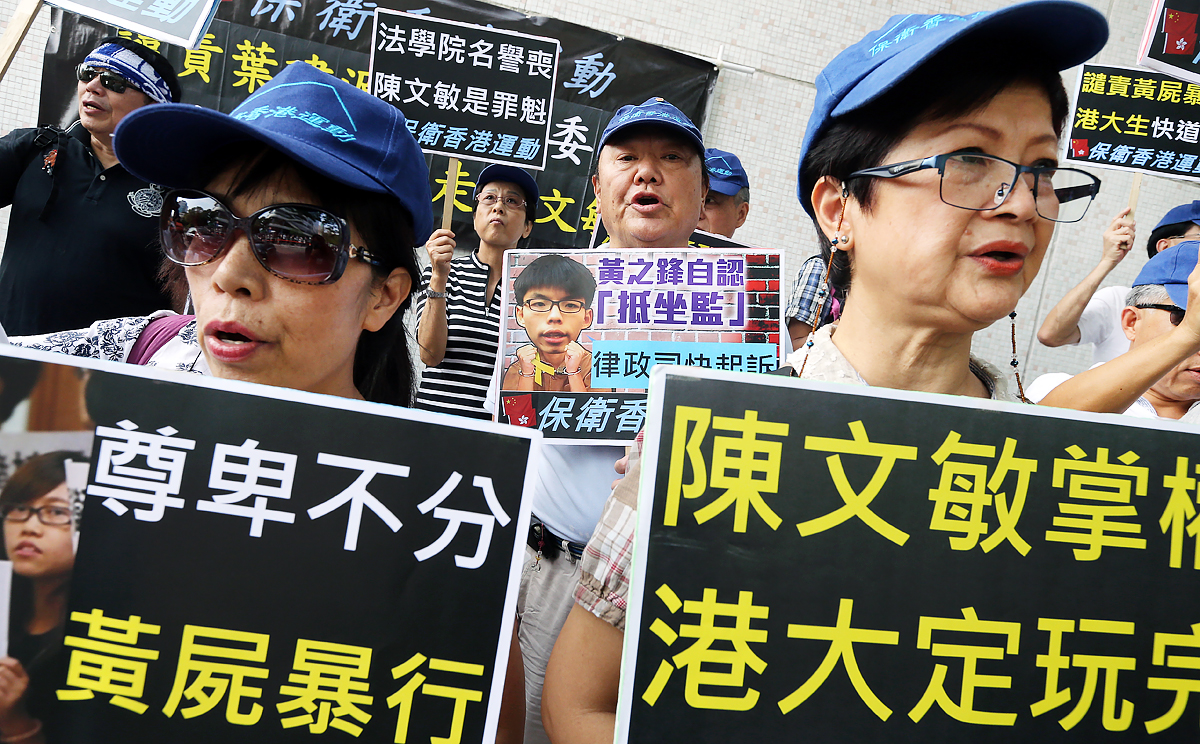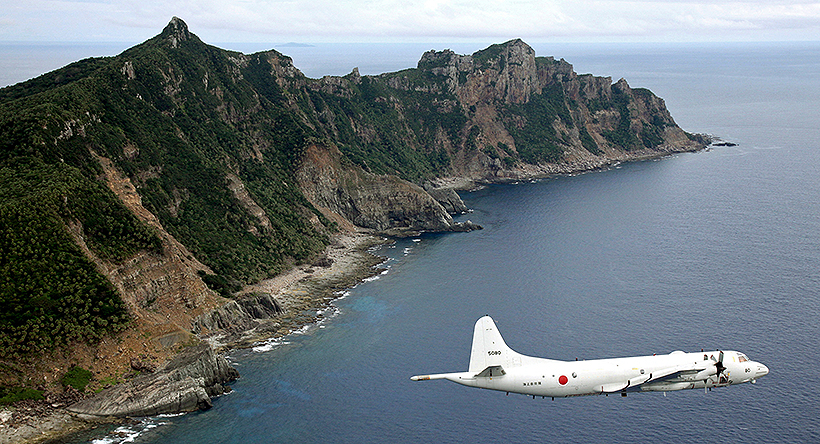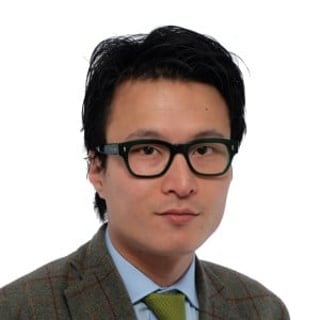
The queen was a symbol of constancy and stability during 70 years of change, and Hongkongers join the rest of the world in mourning her passing. The challenges facing the Commonwealth in optimising its relevance and sustaining its unity will go some way to determining whether King Charles’ reign is a success.
The notion that gay men aspire to respect and acceptance entrenches discrimination and marginalisation of LGBTQ people in society. Singaporeans must ask what kind of society they want in relation to not just sexual minority rights but all aspects of governance.
John Lee’s election in a one-man race, the exodus of unpatriotic Hongkongers and the mass arrests under the national security law all point to everything falling into place. Rule of law in Hong Kong remains alive and well, it seems, with judges expressing concerns about prosecutorial delays in security cases.
Foreign governments, organisations and activists should not assume for themselves the mantle of white saviours in defence of human rights, democracy and rule of law in Hong Kong. It’s time to let the many Hongkongers overseas take centre stage in their own cause.
Instead of blanket travel bans and mask, quarantine and vaccine mandates, a focused protection approach would have better served us all. It’s high time political leaders, in both democratic and authoritarian societies, listened to their people.
With dissent and protests stifled, the chief executive and lawmakers now have a free hand to shape the city’s future. If they want to improve Hong Kong’s global image, they should treat those less fortunate with a little more fairness, kindness, empathy and humility.
The world has been transfixed by reports of people in positions of power and influence behaving as if coronavirus measures did not apply to them. Like the Weinstein scandal that led to #MeToo, the current scandals should drive a new movement of social responsibility.
South Africa acted as a good global citizen in promptly reporting the new variant. In response, various countries have imposed a ban on flights from South Africa and its neighbours. This sends a message to other states where variants could emerge that it might not be in their national interest to be transparent.
With the city at its most critical juncture since 1997, those eligible for a BN(O) visa must choose between China’s vision for Hong Kong or a society with freedom of expression, police accountability, the rule of law and universal suffrage.
The move to align Hong Kong’s common law system with mainland expectations cannot be said to be a surprise, as Beijing has been consistent in its pronouncements on Hong Kong’s place in China.
While Hong Kong and Beijing officials often emphasise the rule of law, it does not by itself guarantee respect for human rights or political accountability. The law has long been used by authoritarian leaders to suppress political dissent.
If Britain could pass legislation in flagrant disregard of treaty commitments it made only eight months ago, who is it to admonish China for imposing a law on Hong Kong that China considers essential to its sovereignty?
China’s tendency to use the vaguest, broadest terms in drafting its laws means research on several issues deemed too sensitive or falling under national security could become off-limits. This will be a strong disincentive for overseas academics to pursue research collaboration with their peers in Hong Kong.
To be seen as a responsible international actor, China must comply with global agreements and develop the rule of law at home. Through its actions in Hong Kong, Beijing is showing the world how thin China’s commitment to the rule of law is.
Hamstrung by the state-based nature of the UN, from which it derives its authority, the WHO ignored early warnings about the coronavirus from Taipei. Now the agency’s all-too-cosy relationship with Beijing has been exposed by RTHK.
Italy’s situation sheds light on how our beliefs in state sovereignty, international order and international solidarity may have been misguided. In its hour of need, Italy has found itself abandoned by its EU partners.
Xi’s China is implementing an ambitious vision through projects like the Belt and Road Initiative. Yet, when it comes to Xinjiang, Hong Kong and Taiwan, Beijing’s decision-making processes seem as obstinate as those in Qing China.
Beijing continues to complain about foreign interference, after a record 2.94 million people voted in the Hong Kong district elections. The notion that ordinary Hongkongers have free will of their own simply flies in the face of Chinese authoritarianism.
Carrie Lam, and the pro-Beijing politicians who enabled her, should not forget their responsibility for the protest chaos. If elections do not happen as scheduled, the increased violence will take a toll that the city will not recover from.
Behind public support for the protesters is the realisation that Hong Kong has paid a steep price for tolerating policies that pushed integration with the mainland. University leaders’ silence at this time doesn’t bode well for academic freedom.
As Hongkongers angry about the erosion of their freedoms look elsewhere, it should be remembered they still enjoy rights Singaporeans do not. For example, the Lion City has a counterpart to the hated Emergency Regulations Ordinance as a regular law.
Hong Kong’s morally bankrupt government has crossed the line by invoking emergency powers to bring in an anti-mask law. We have indeed entered a ‘very dangerous situation’ – Carrie Lam, with her unchecked authority, is that danger.
Are flag-waving, anthem-singing patriots or underperforming officials what China needs? Beijing should consider fostering genuine patriotism in Hong Kong under ‘one country, two systems’, by responding to Hongkongers’ needs.
A catalyst setting a rising power and its allies against an entrenched power in a bloody conflict where no one wins? It happened last century in Europe, and could again if Beijing cracks down hard on Hong Kong.
The Hong Kong authorities’ apparently inconsistent handling of the Yuen Long attack on commuters and protesters’ clashes with the police sows doubts about the rule of law.
Hong Kong’s guidelines for prosecutors say there are conditions in which prosecution does not serve the public interest. Recent acts, in a highly charged atmosphere created by unresponsive government, should fall under those conditions.
Recent disagreements between China and Japan are by no means comparable to the rivalry between Britain and Germany that led to the first world war. Any such comparison is ill-conceived.

